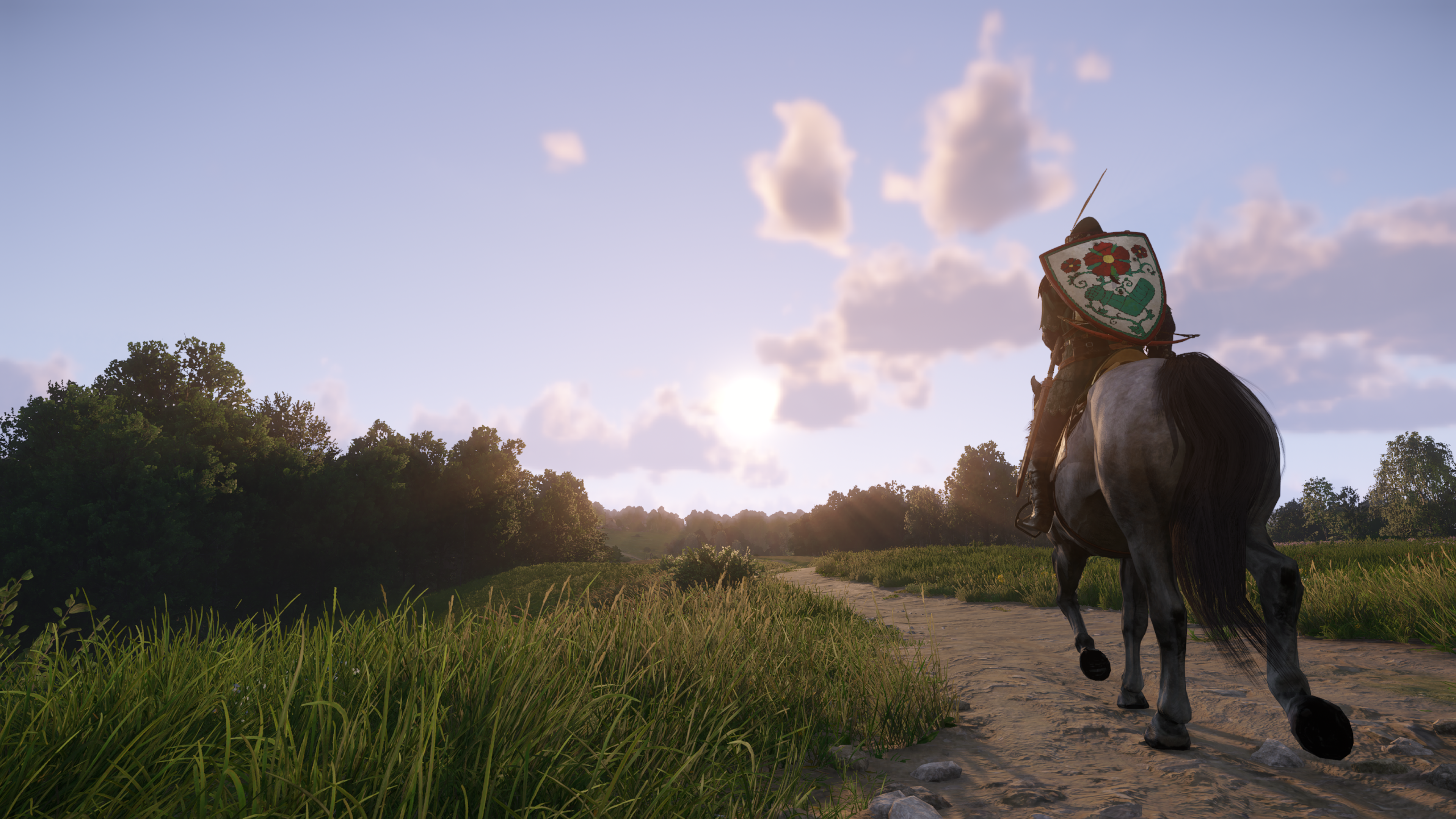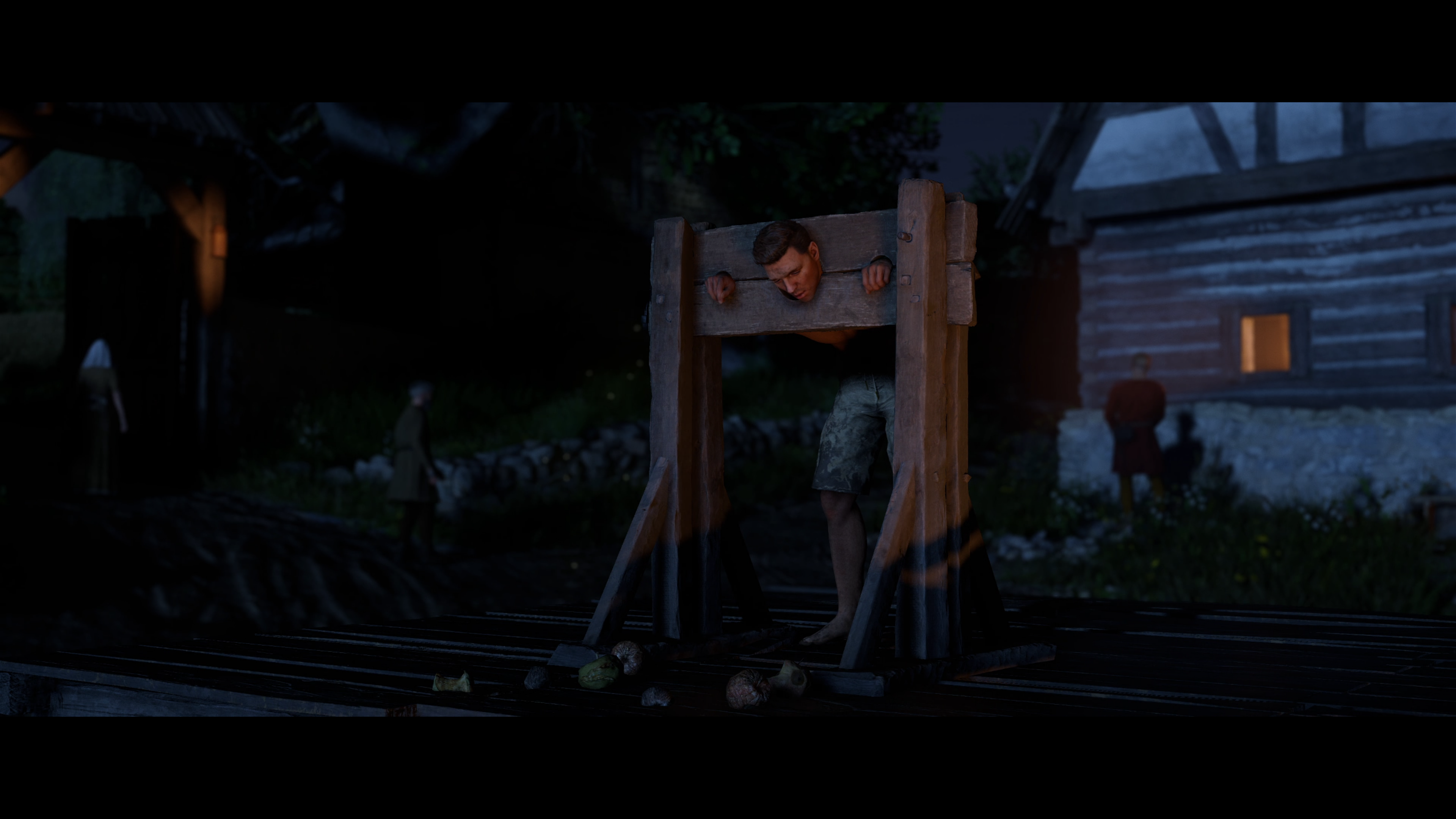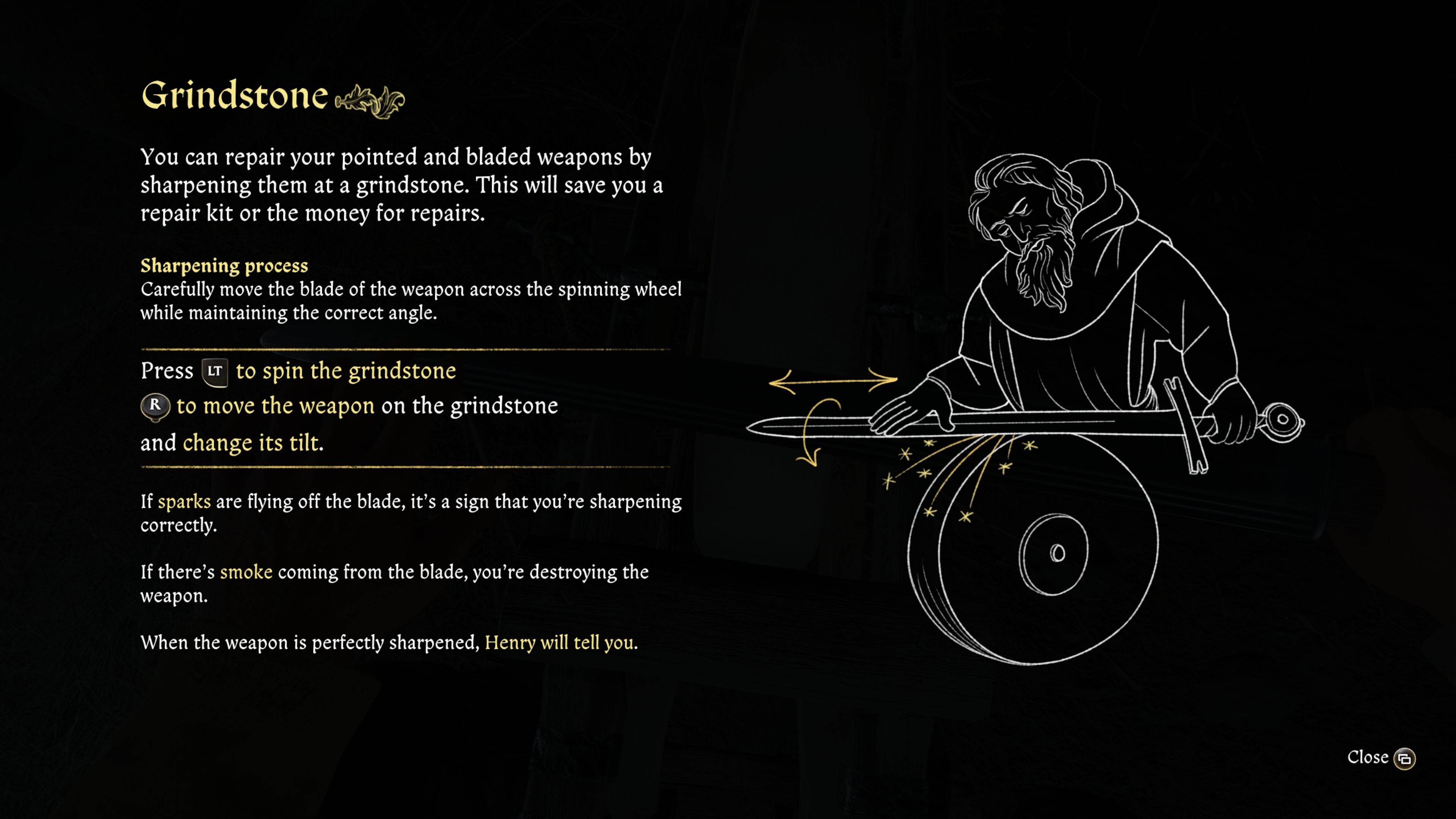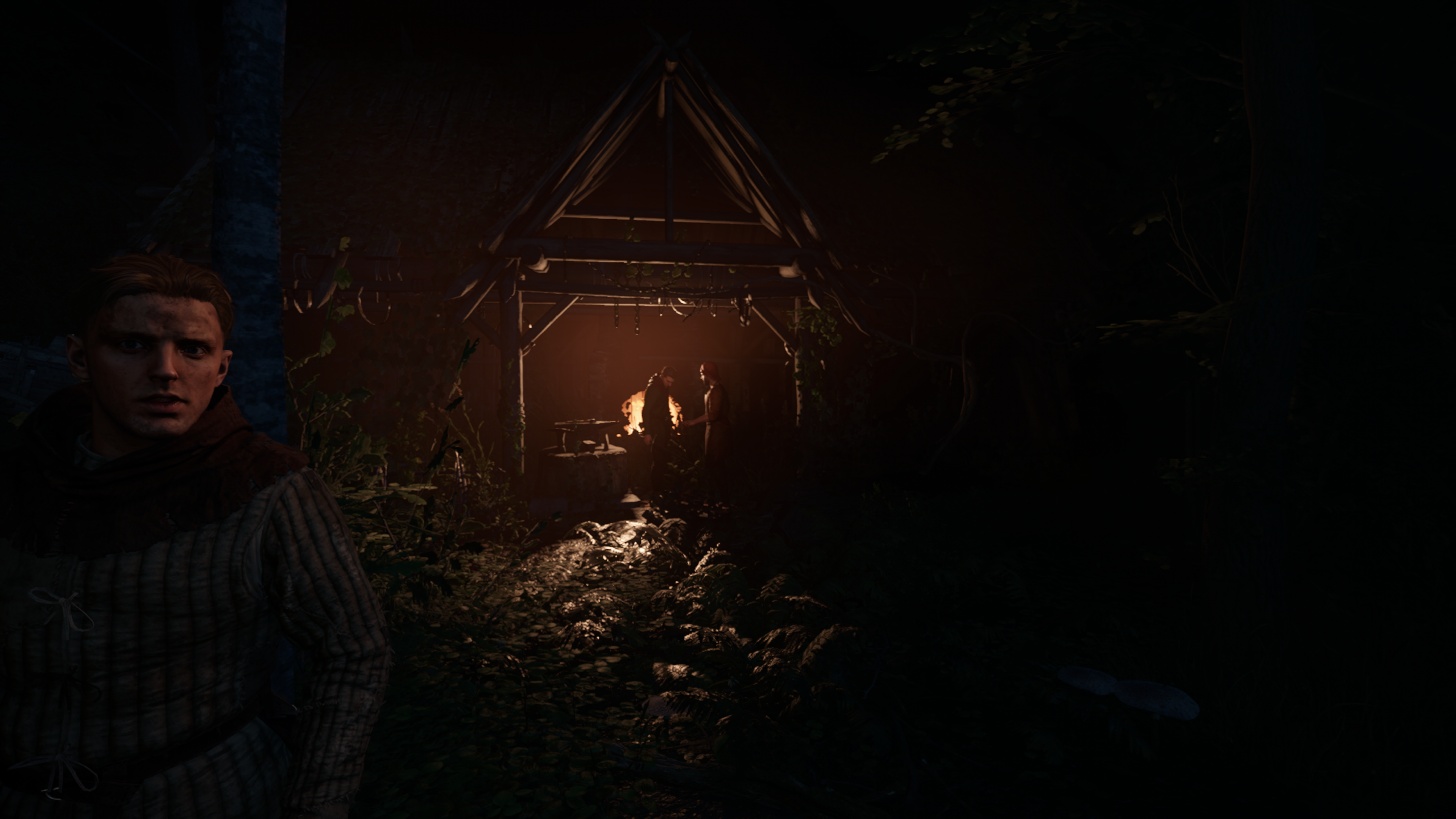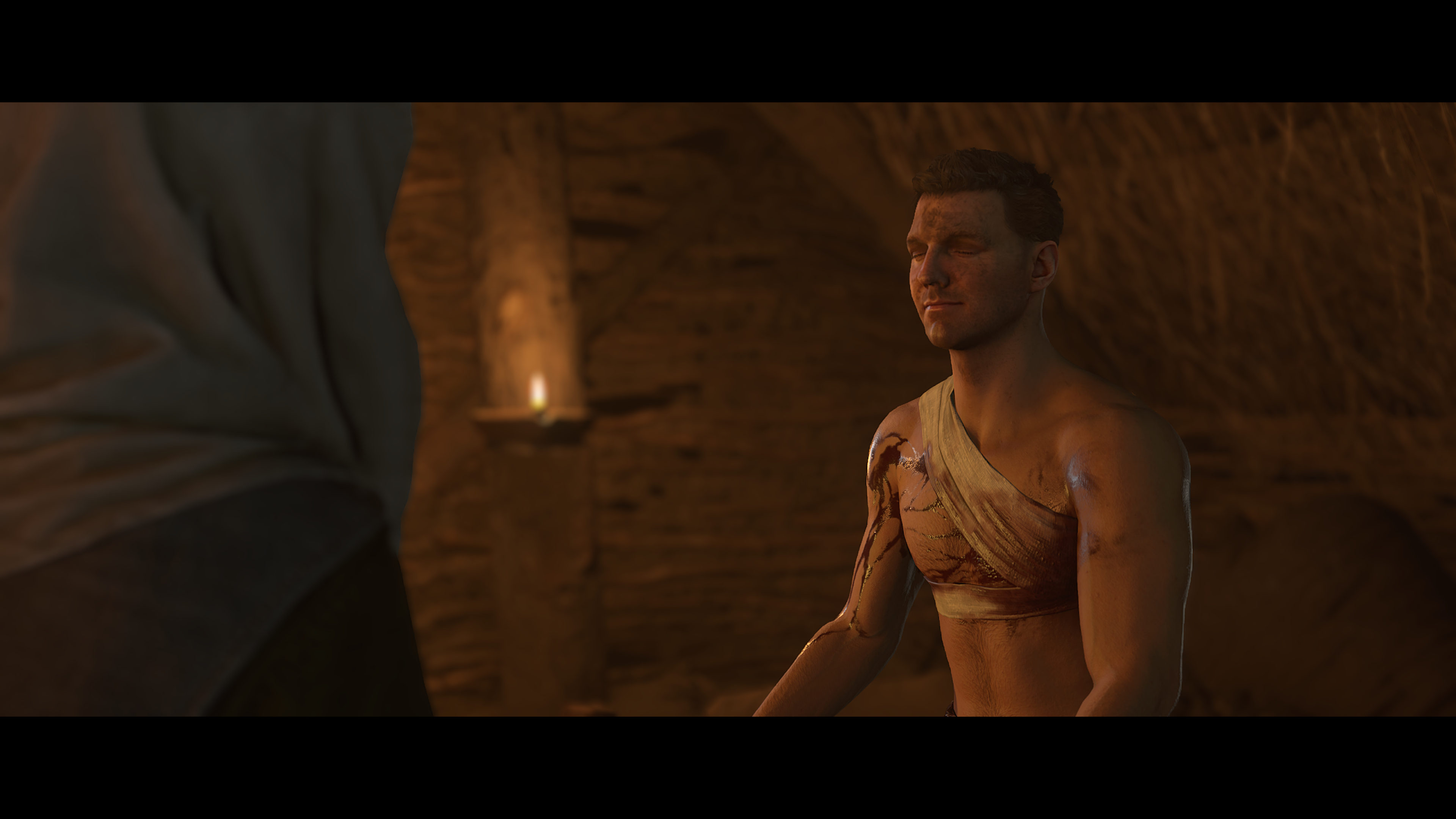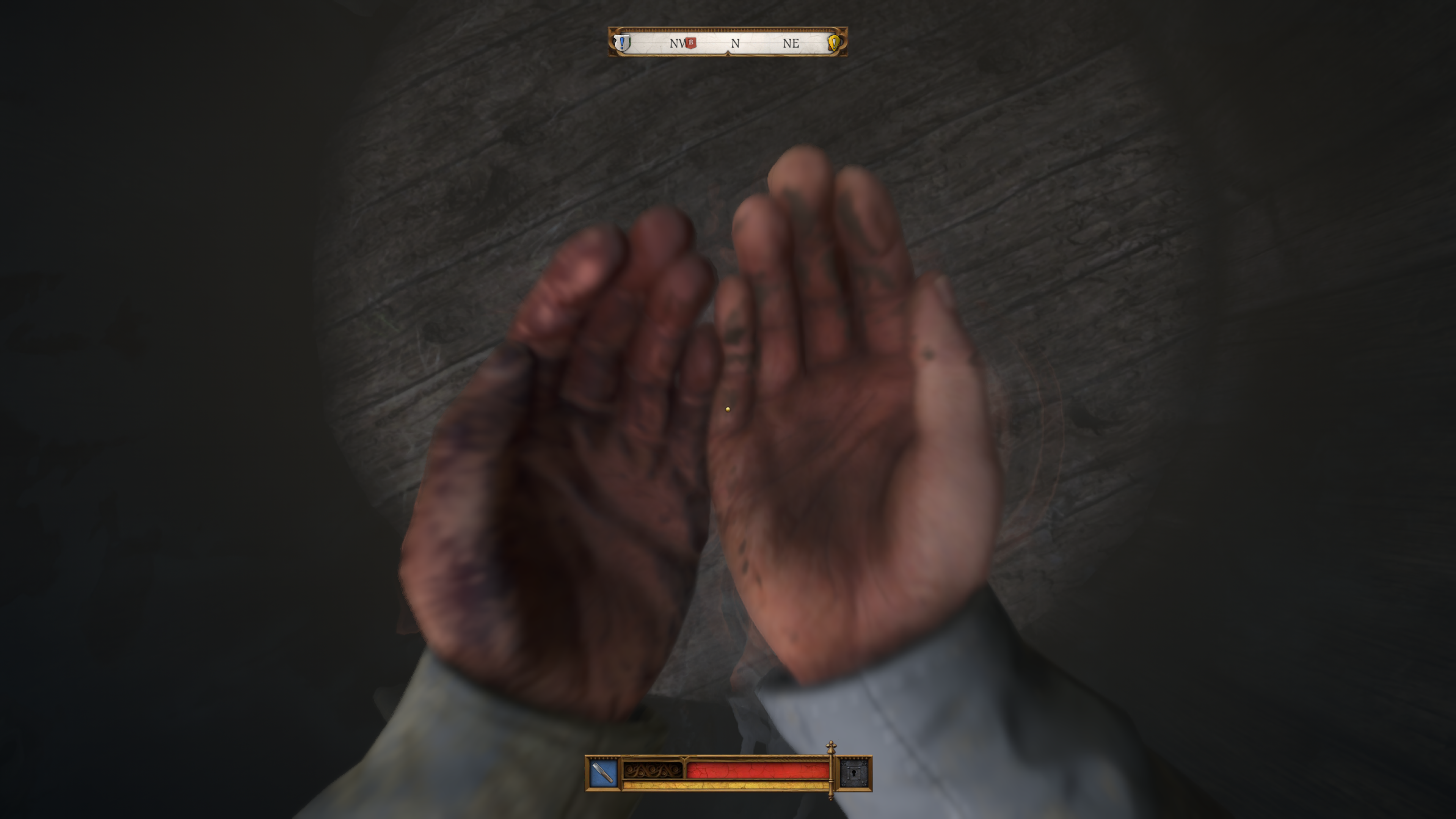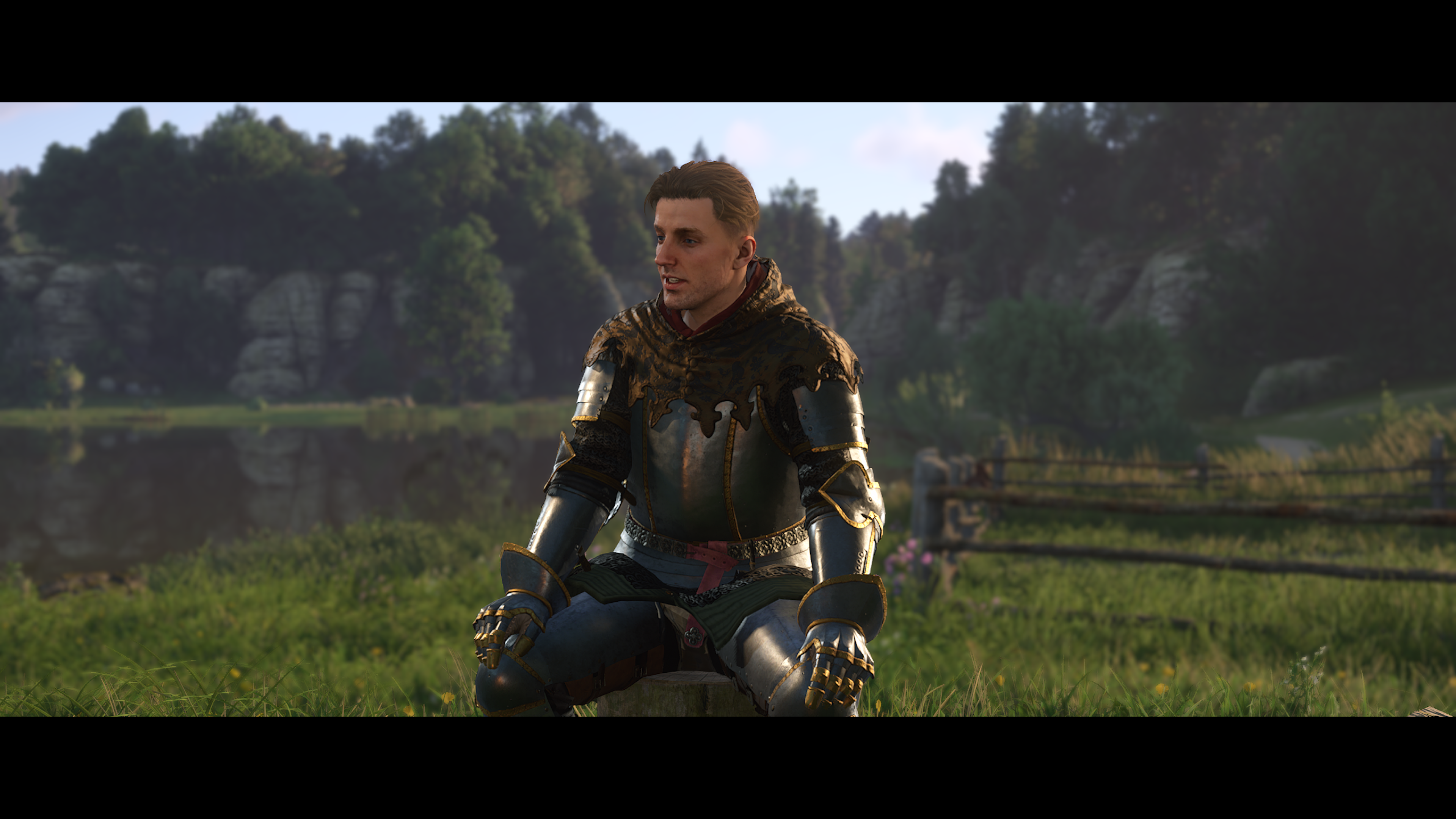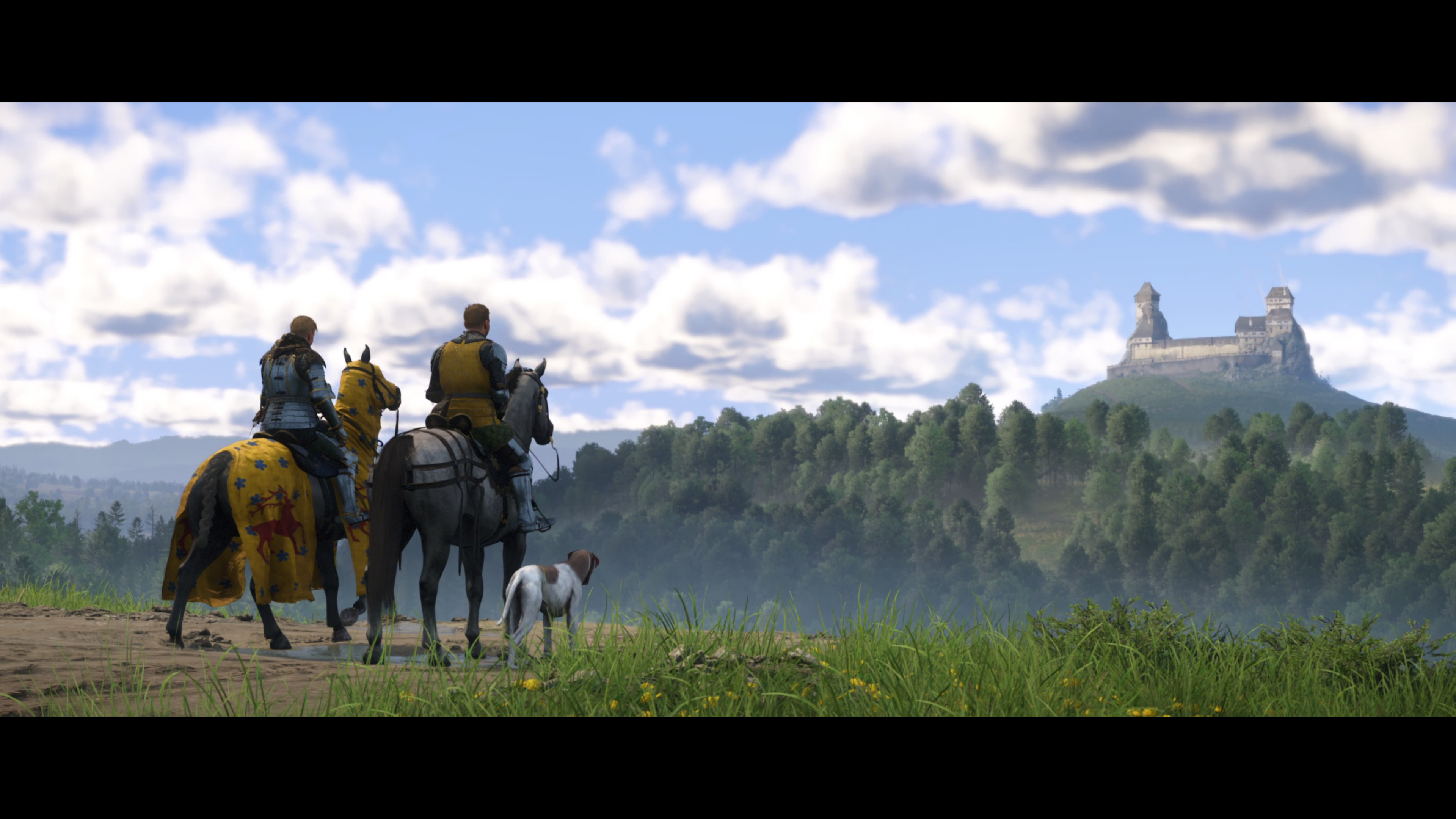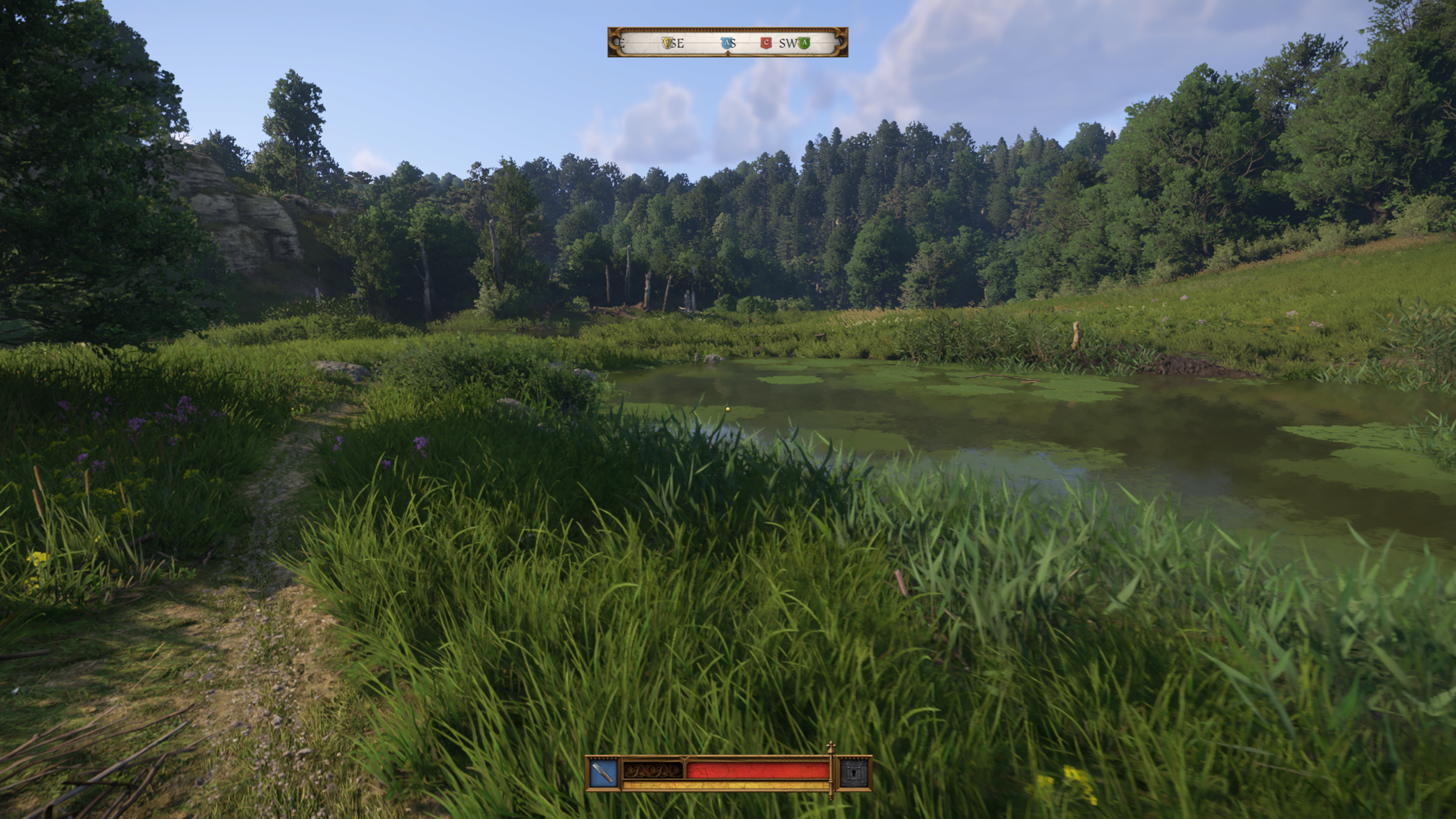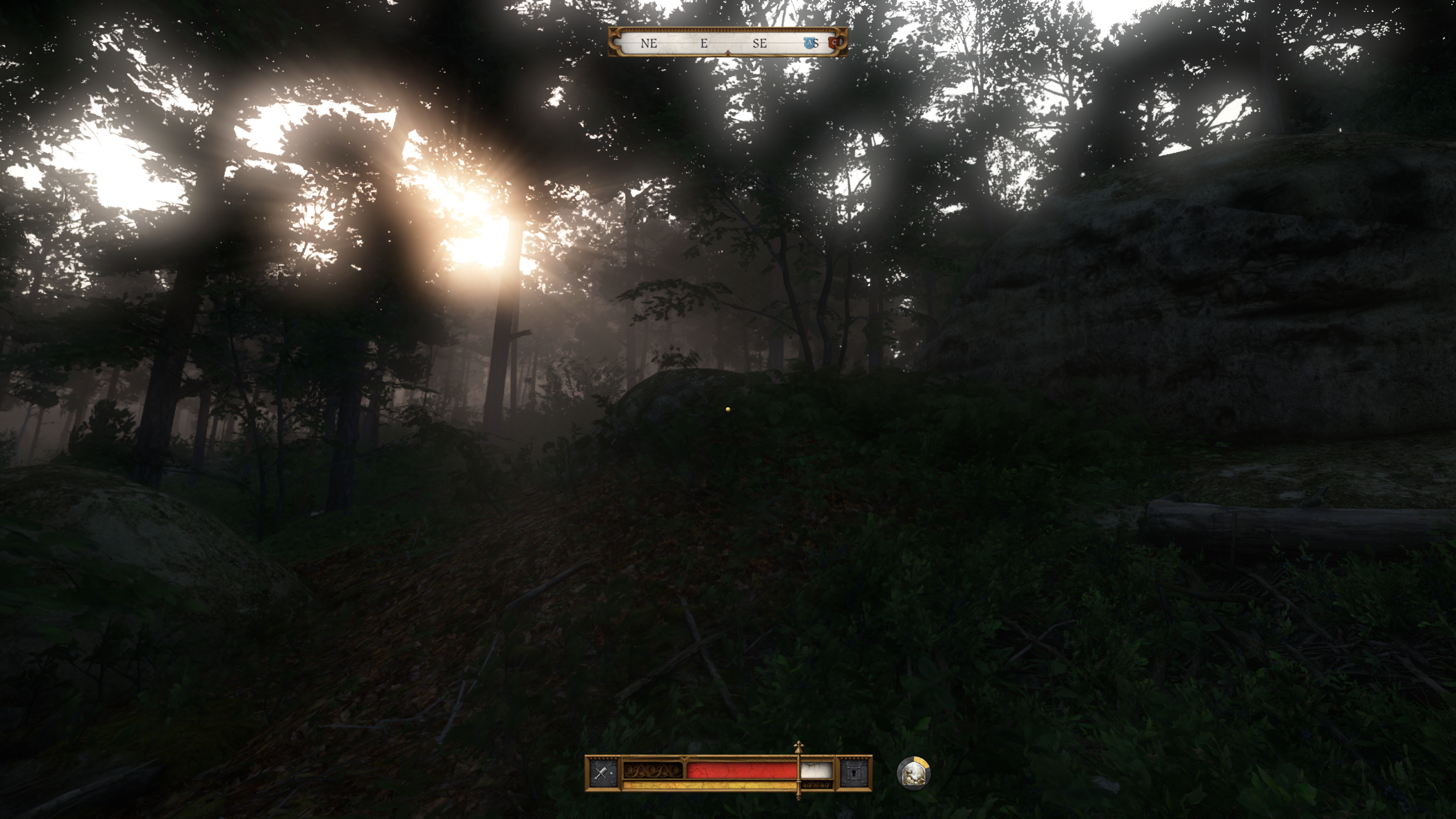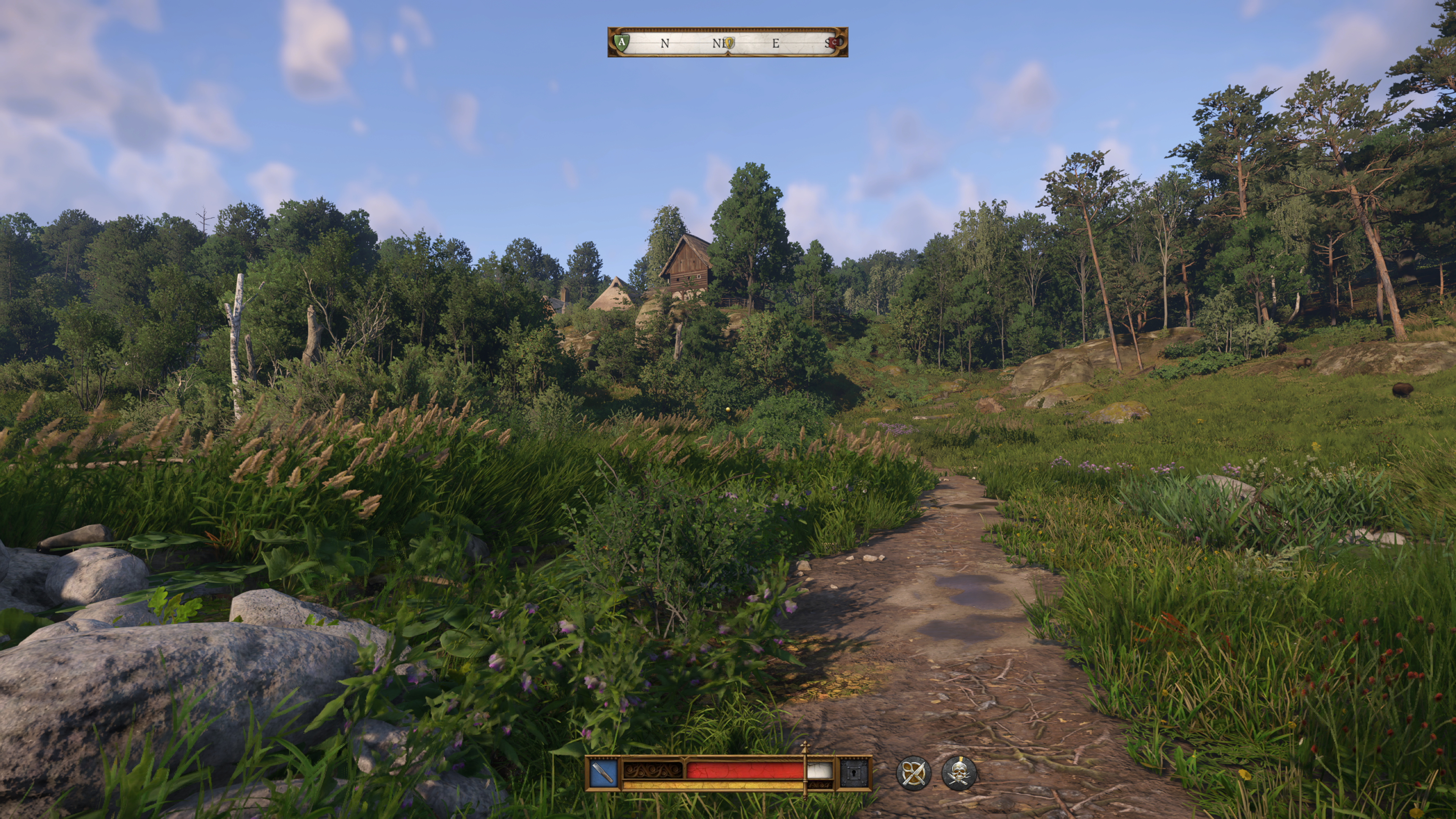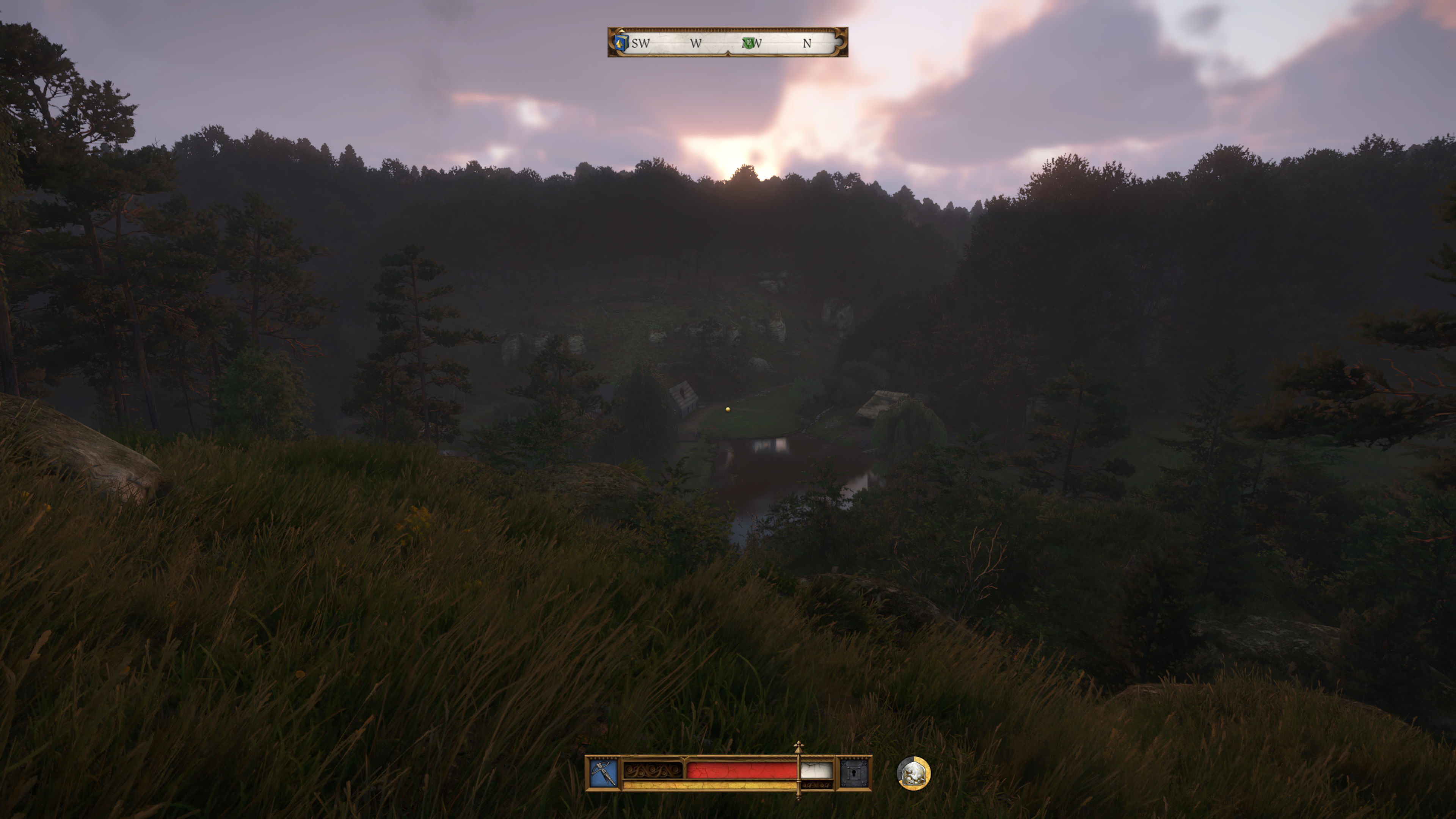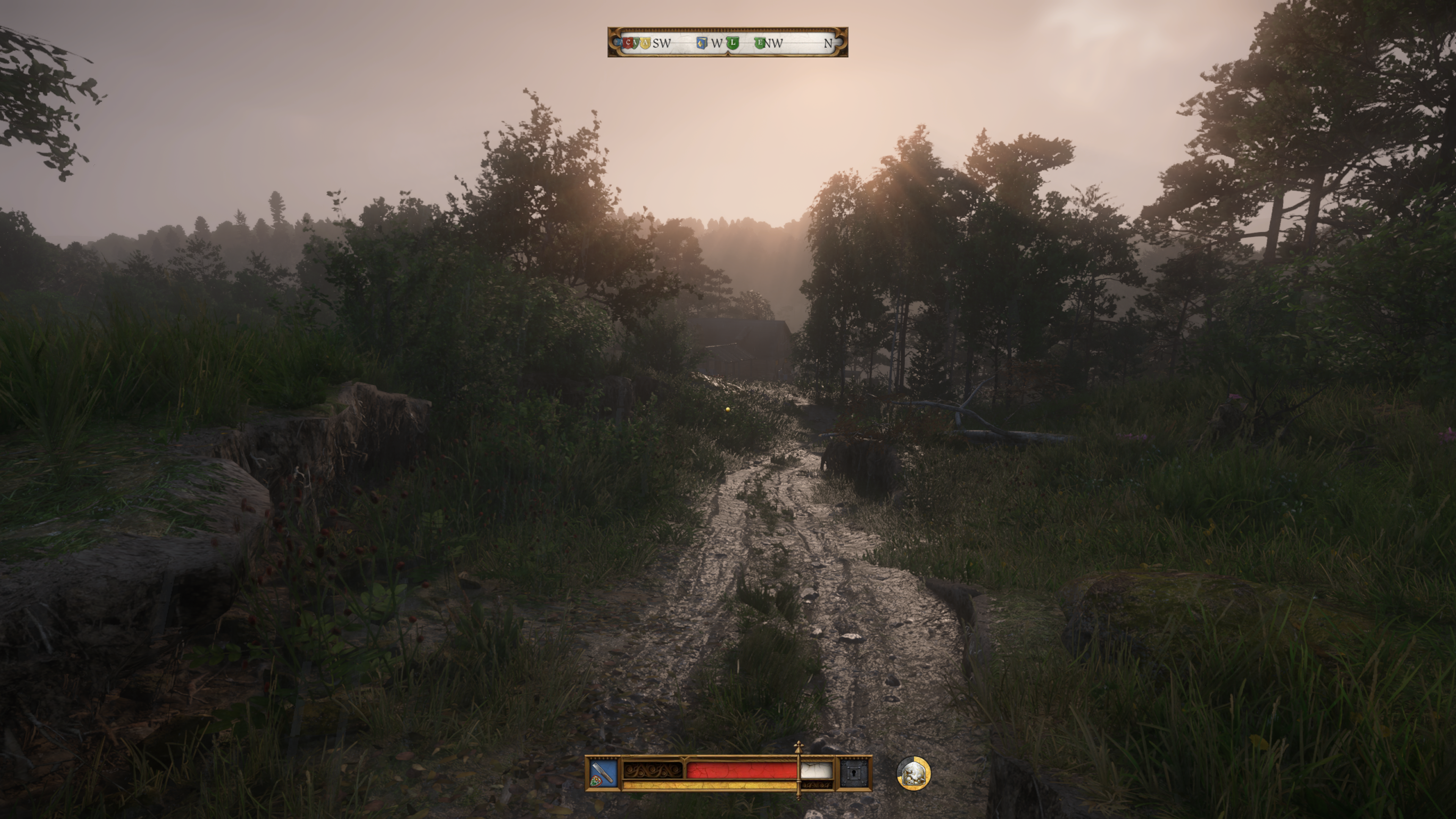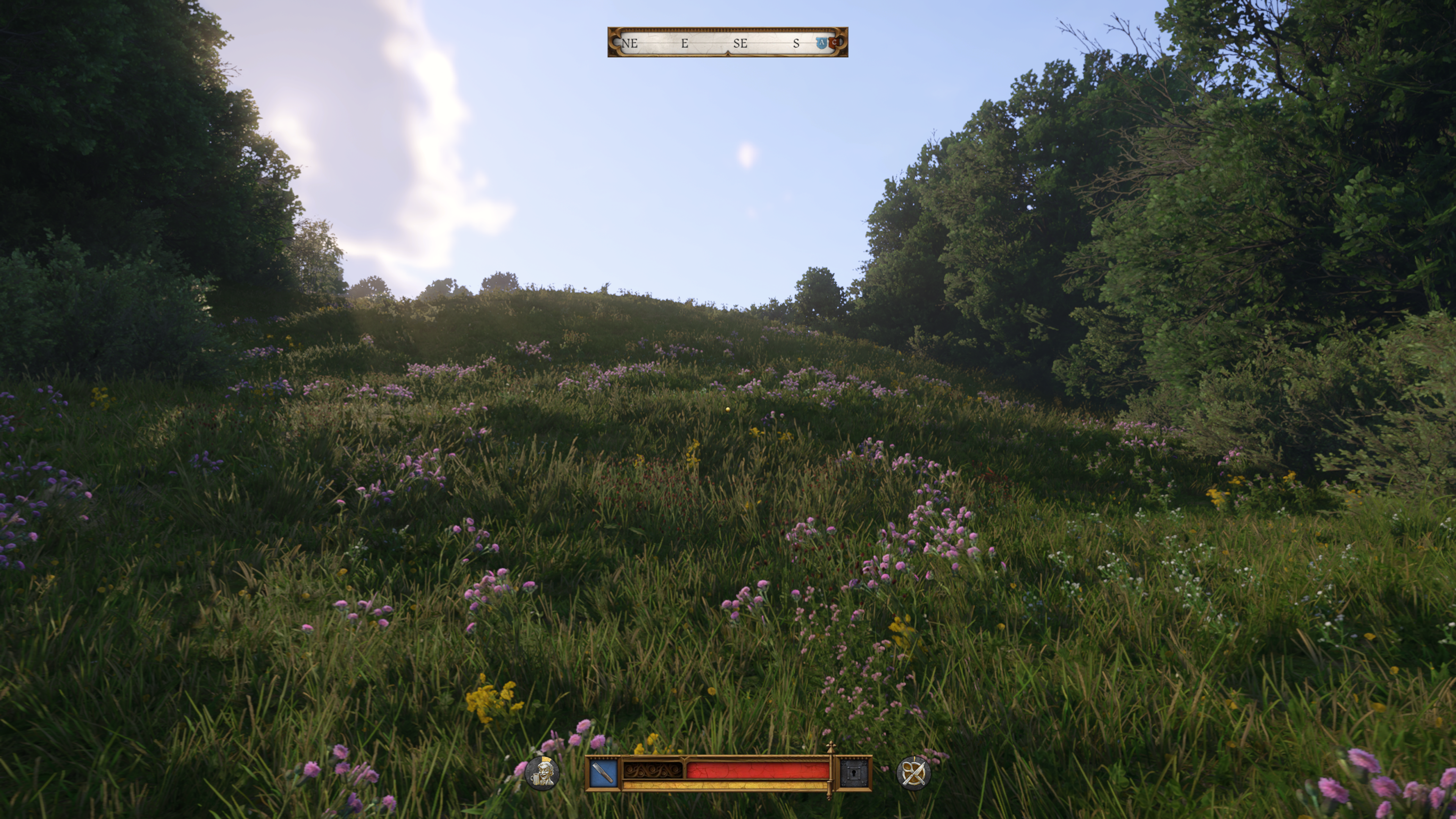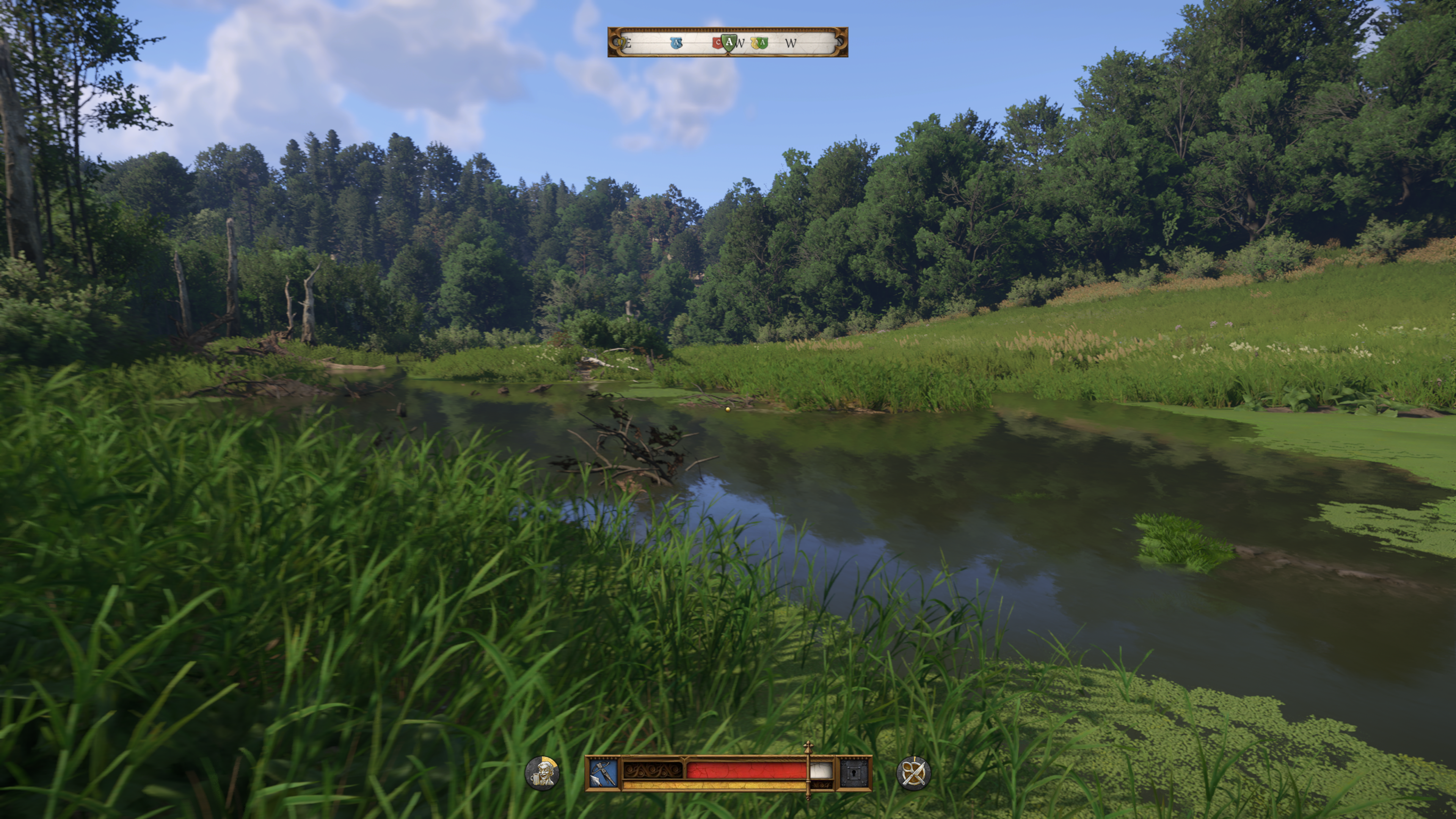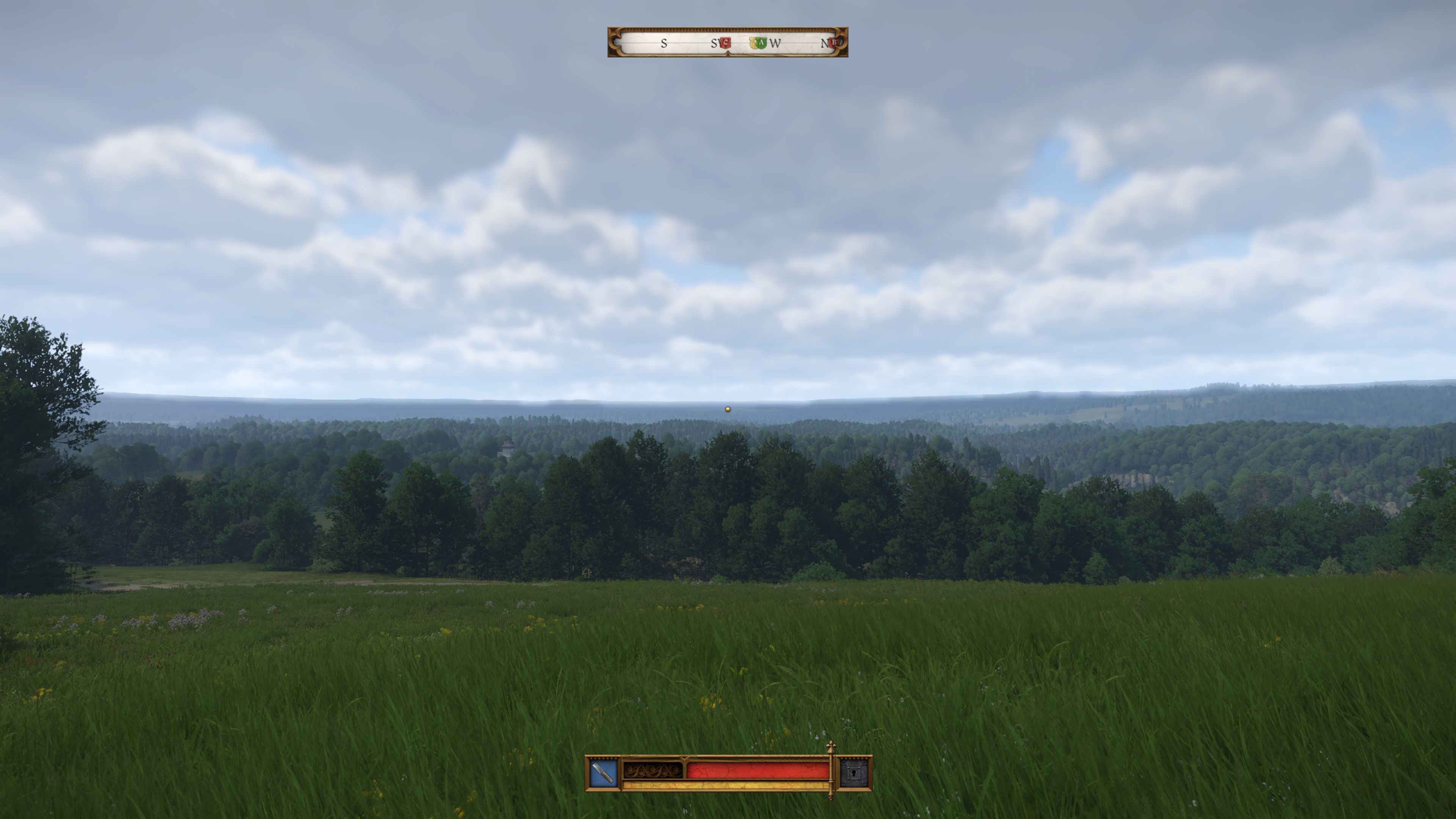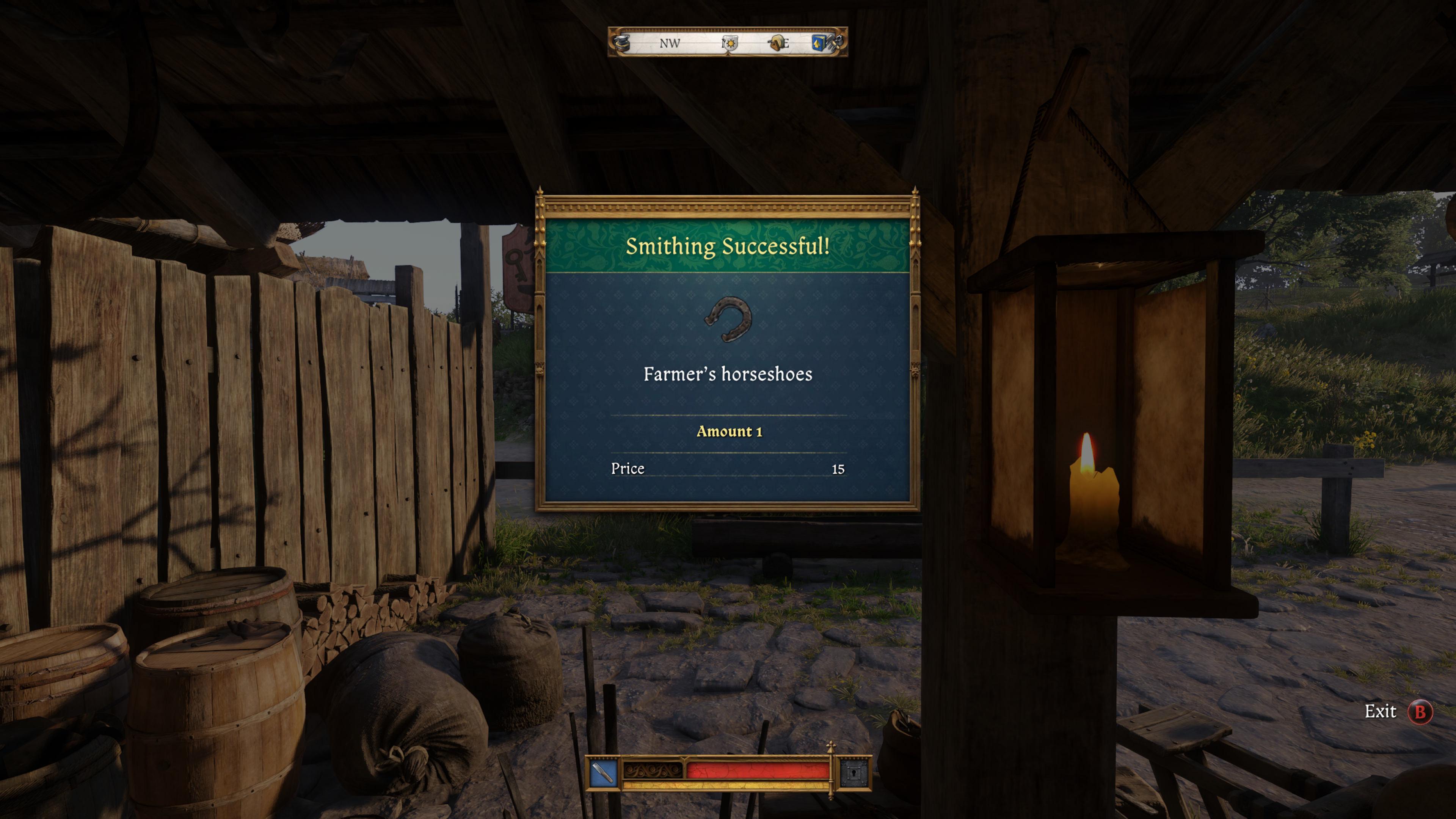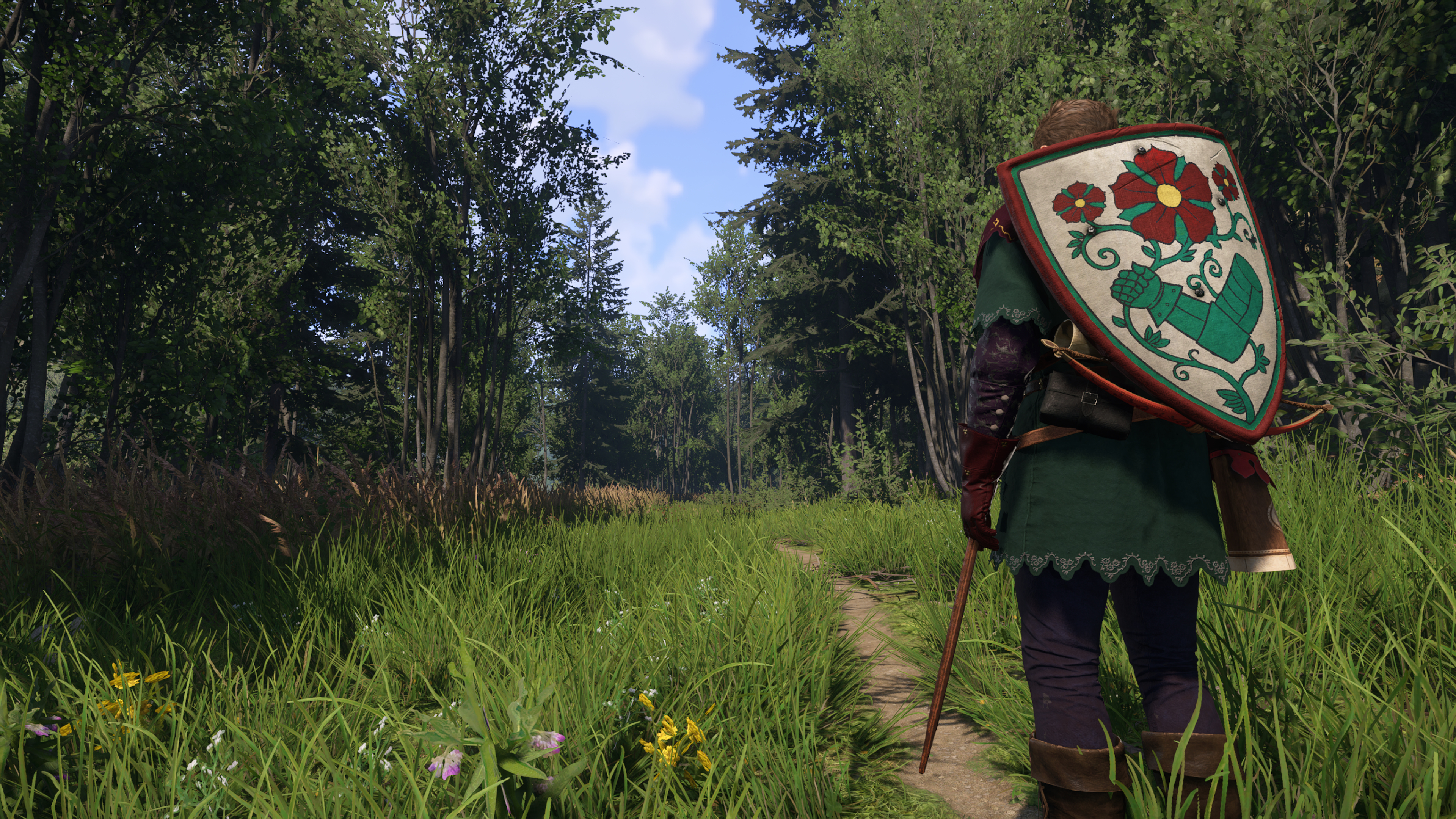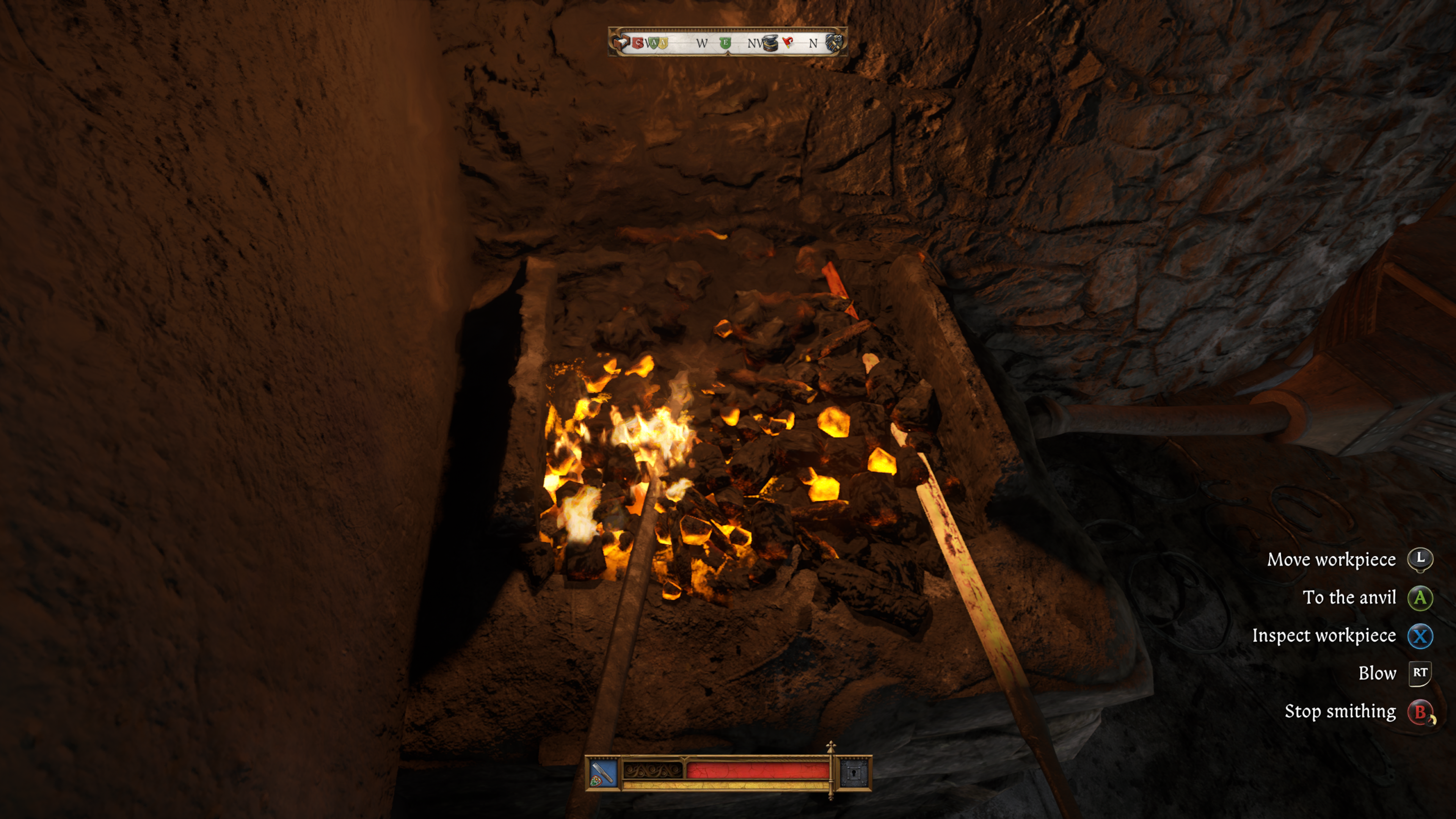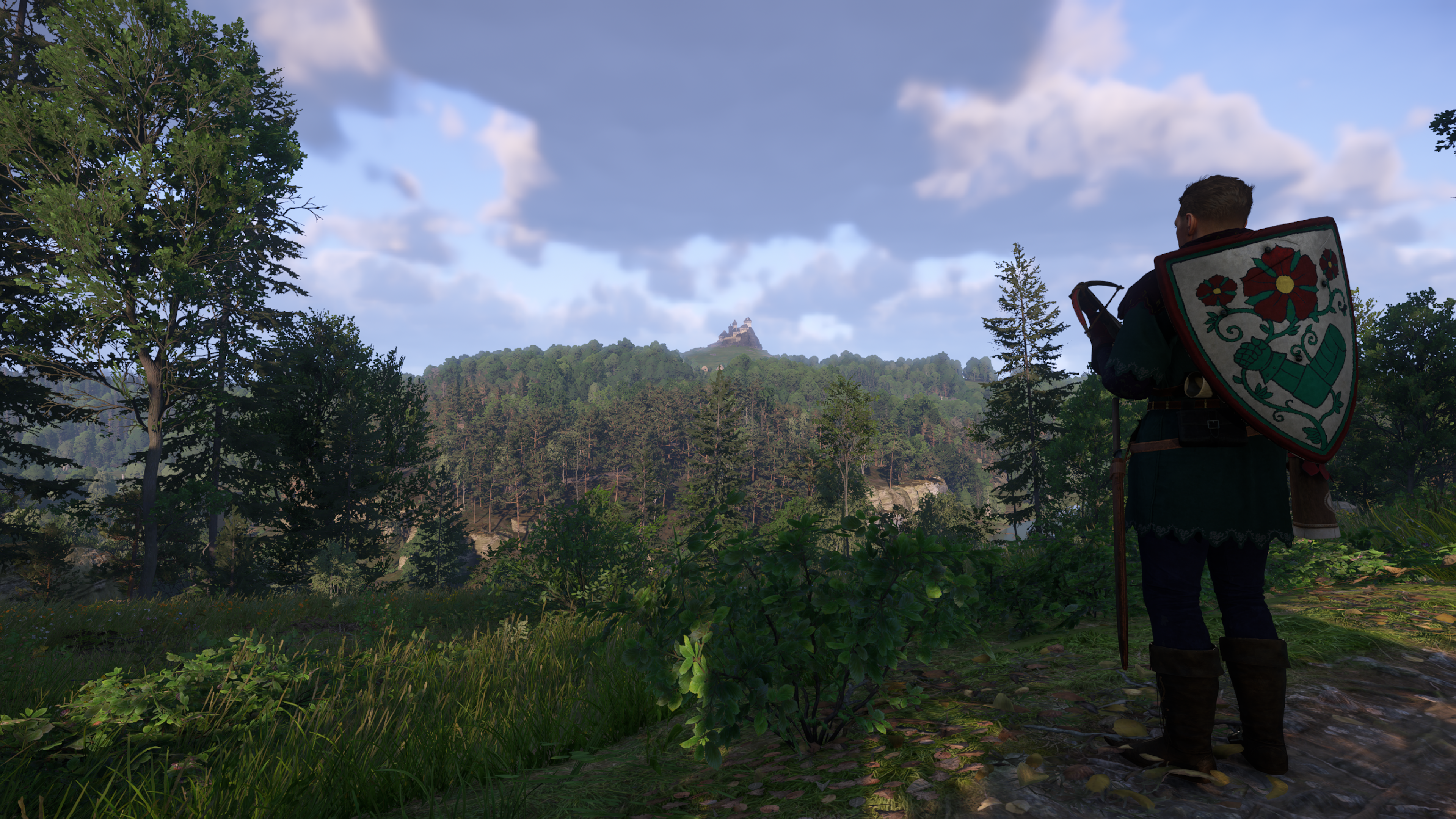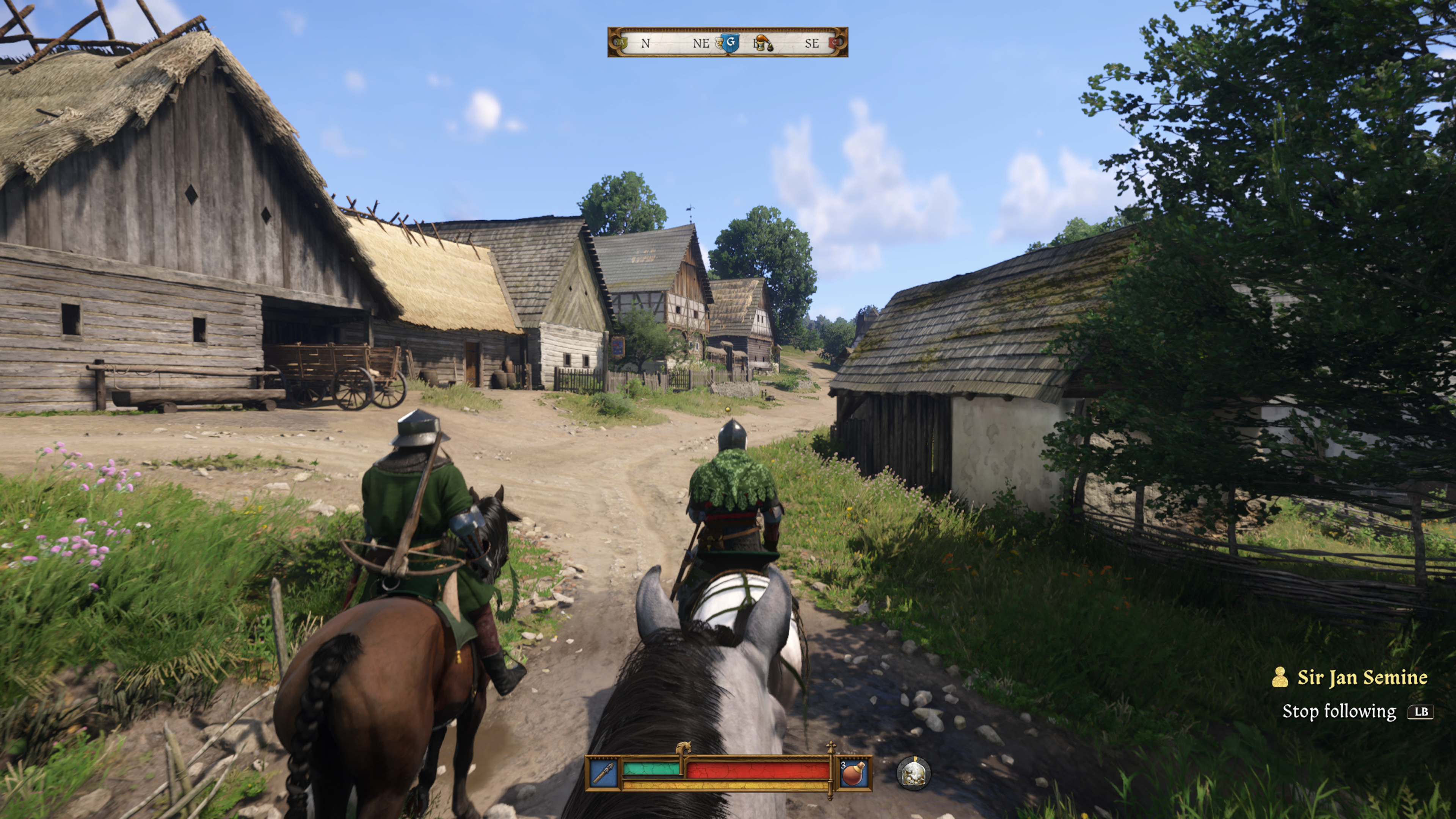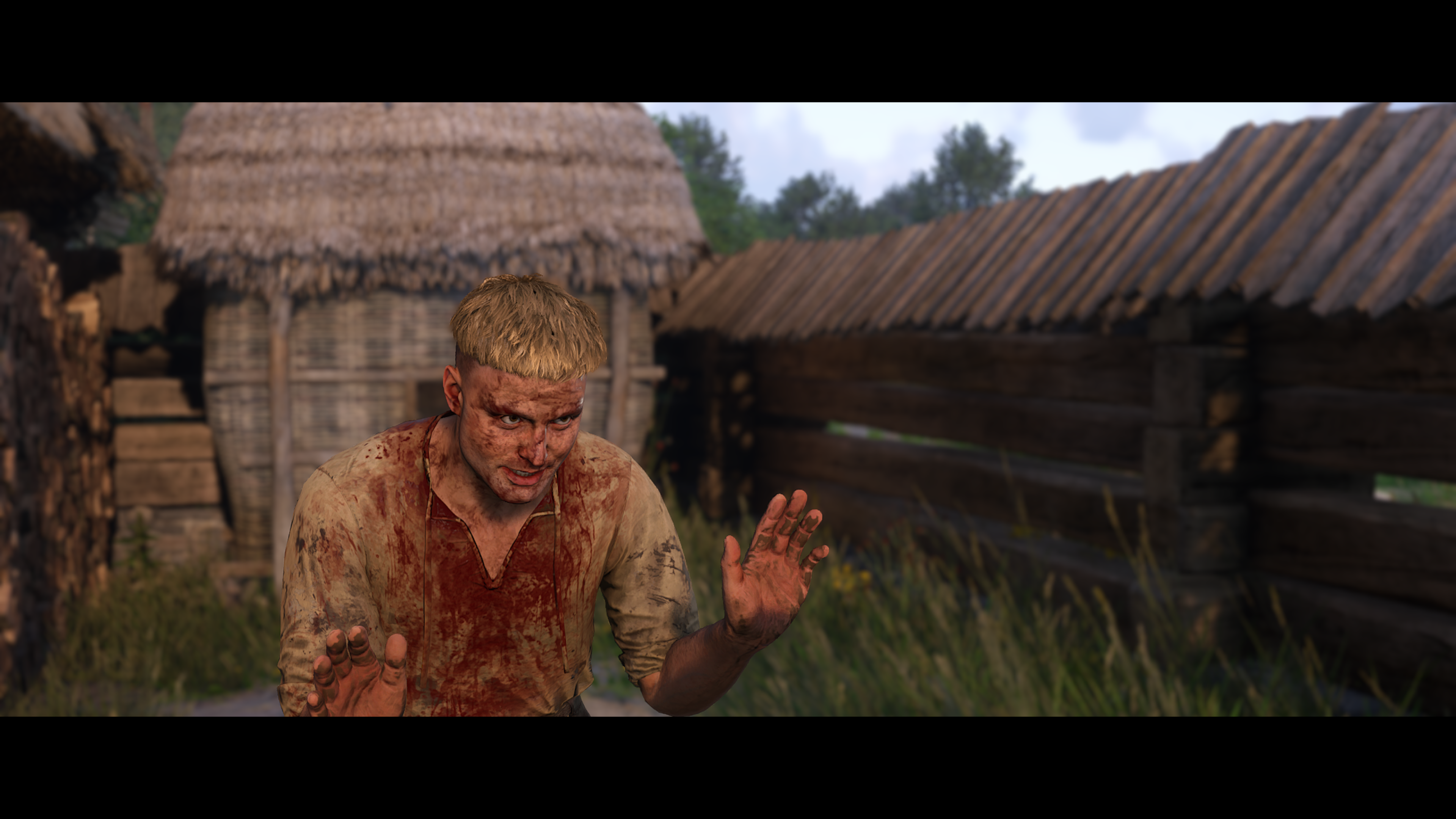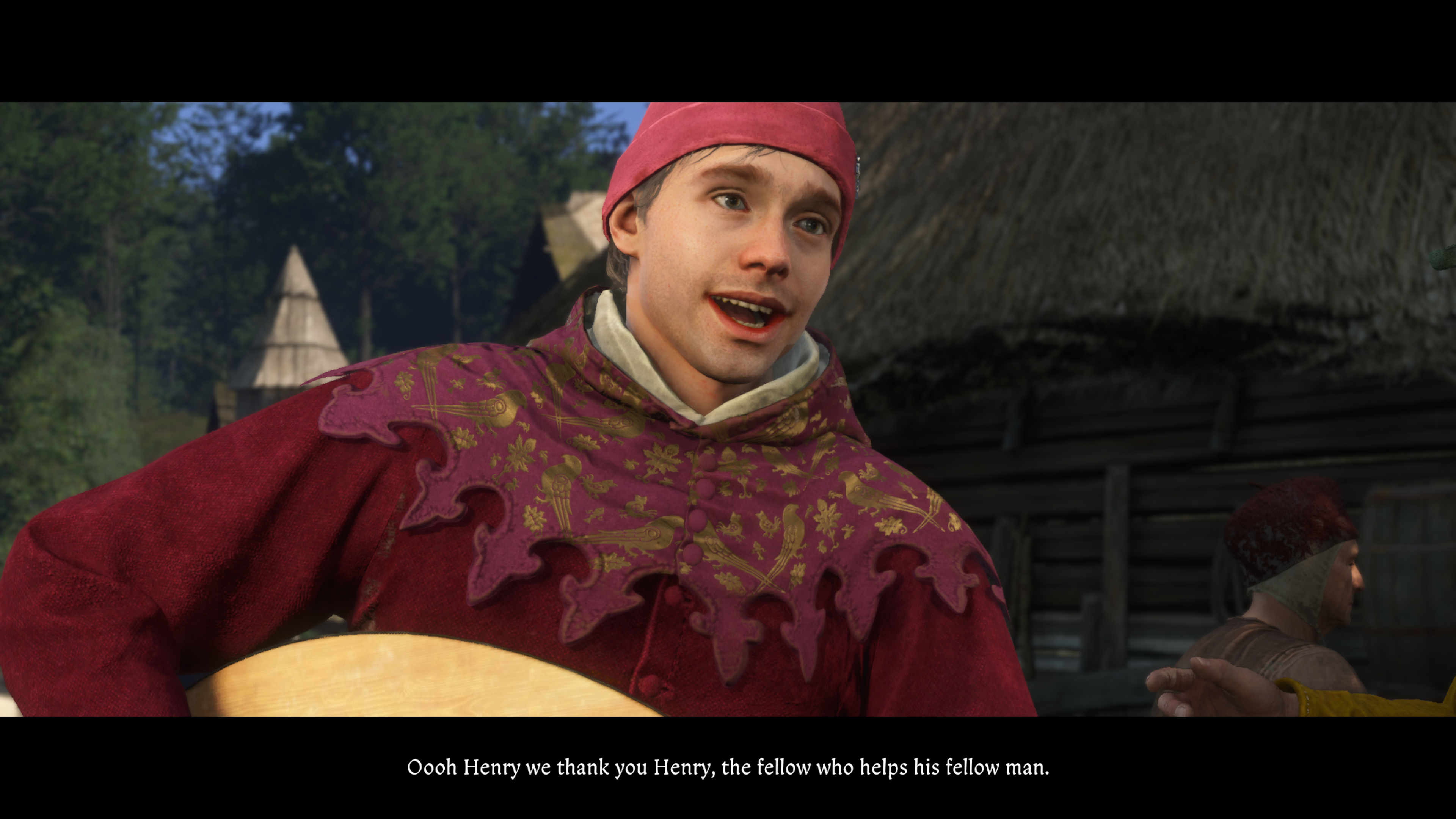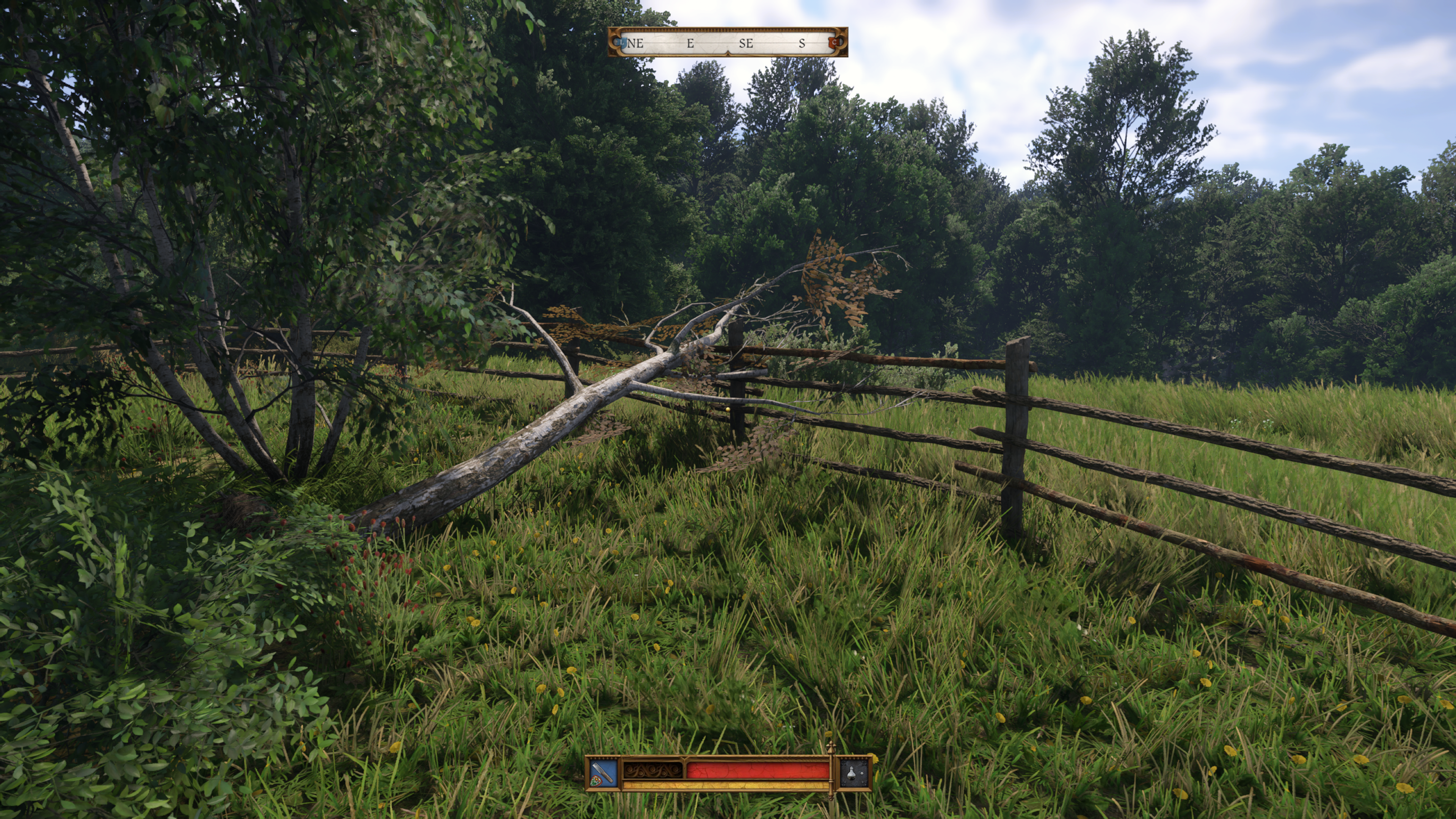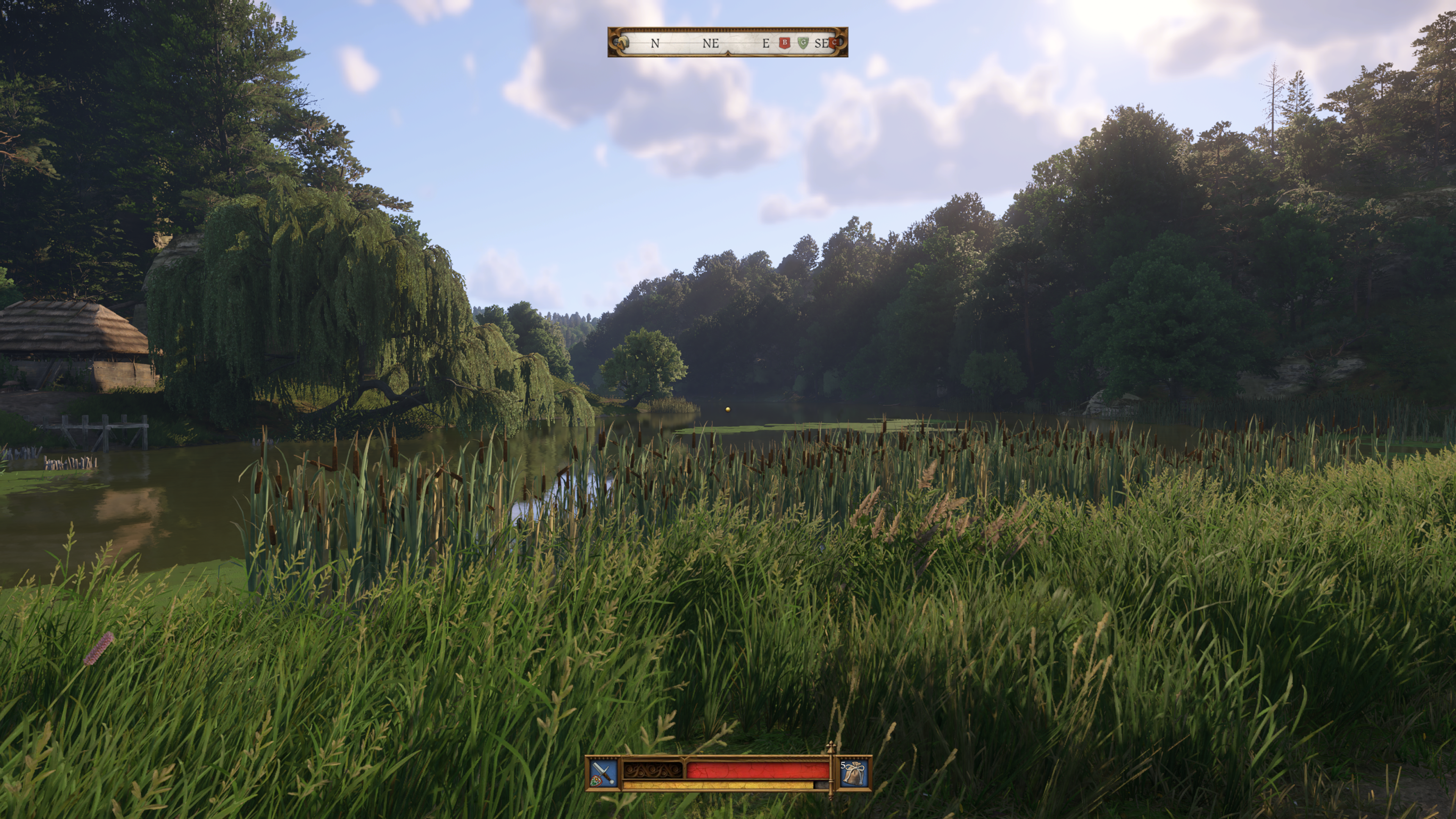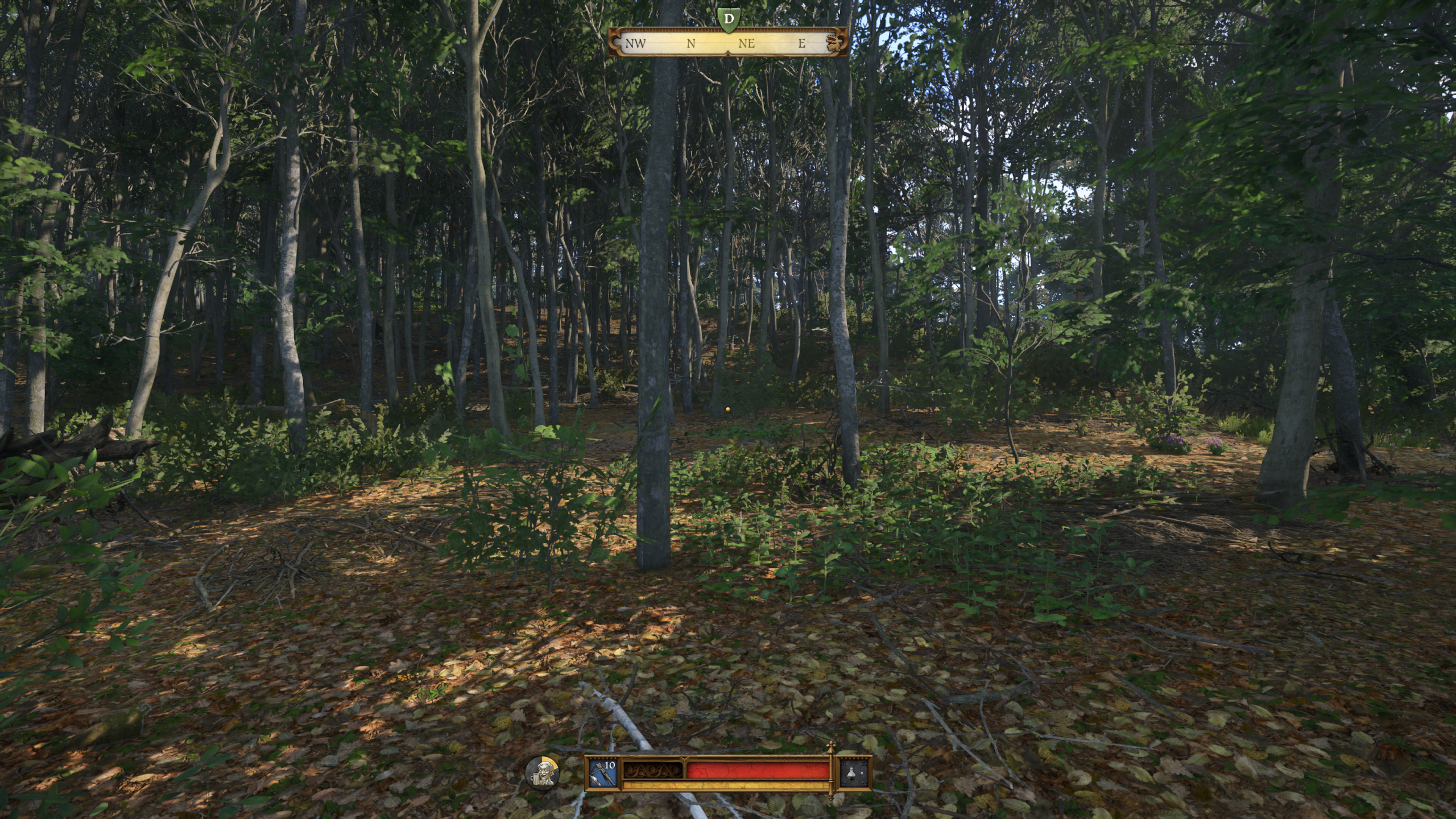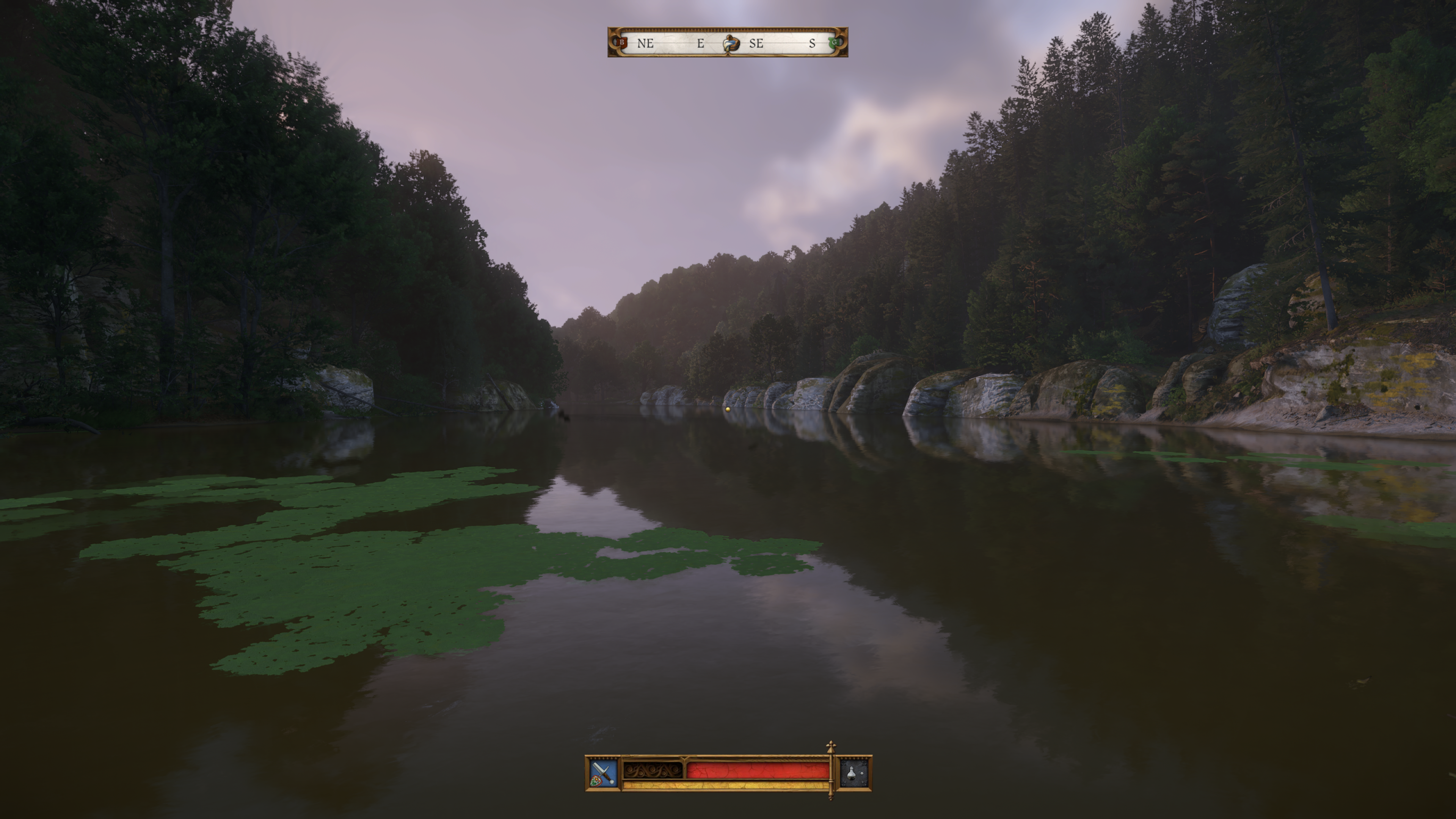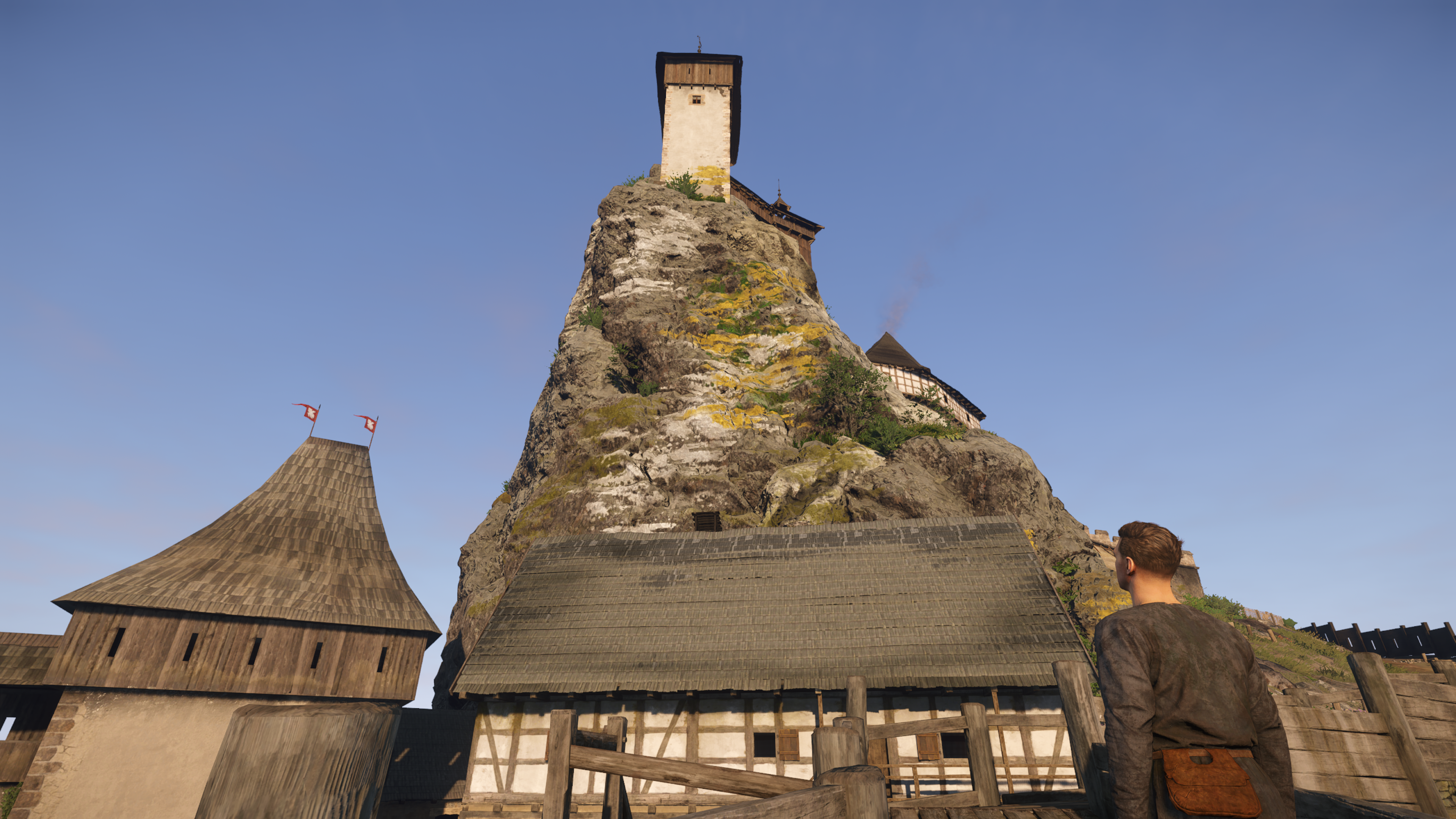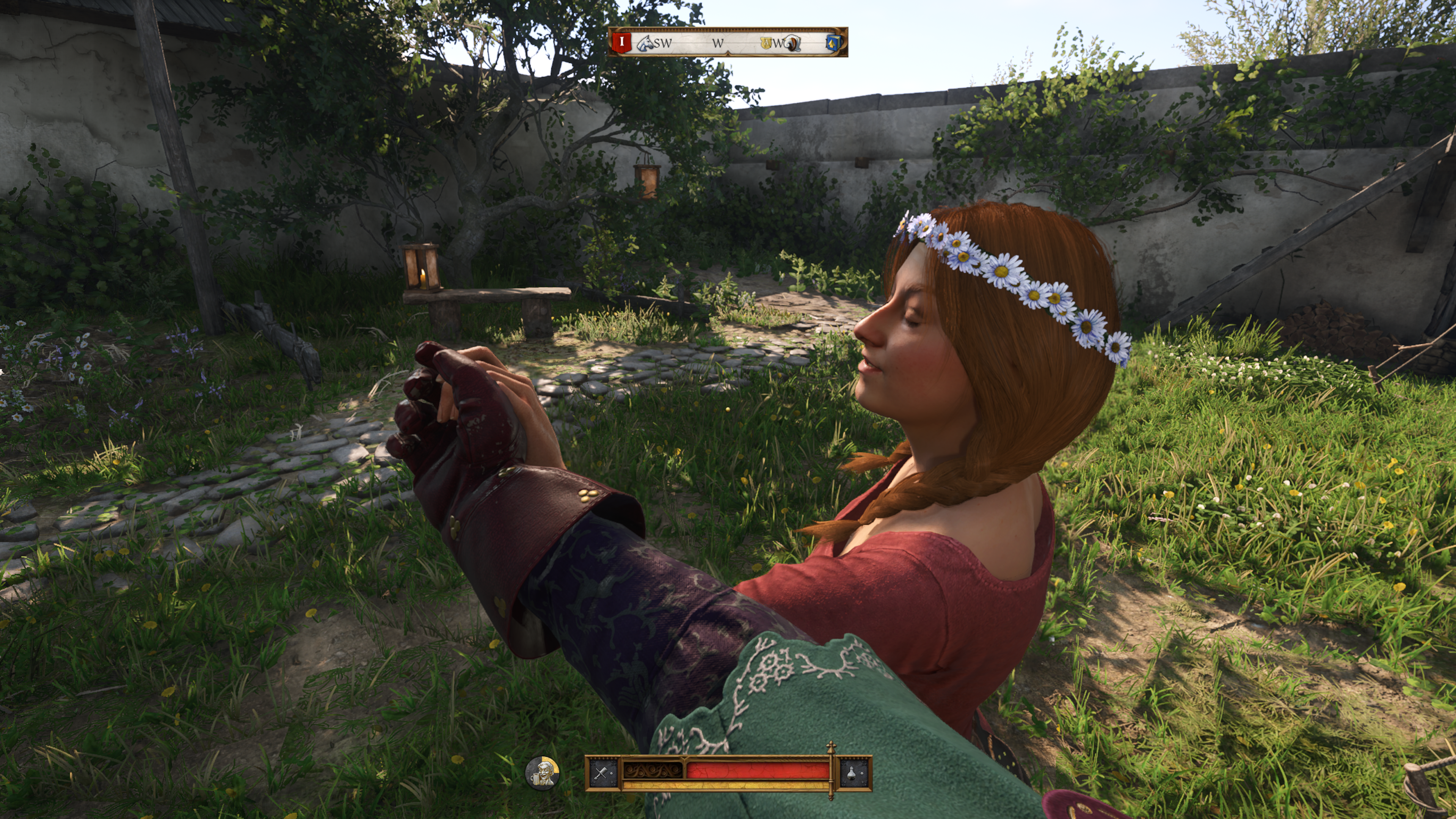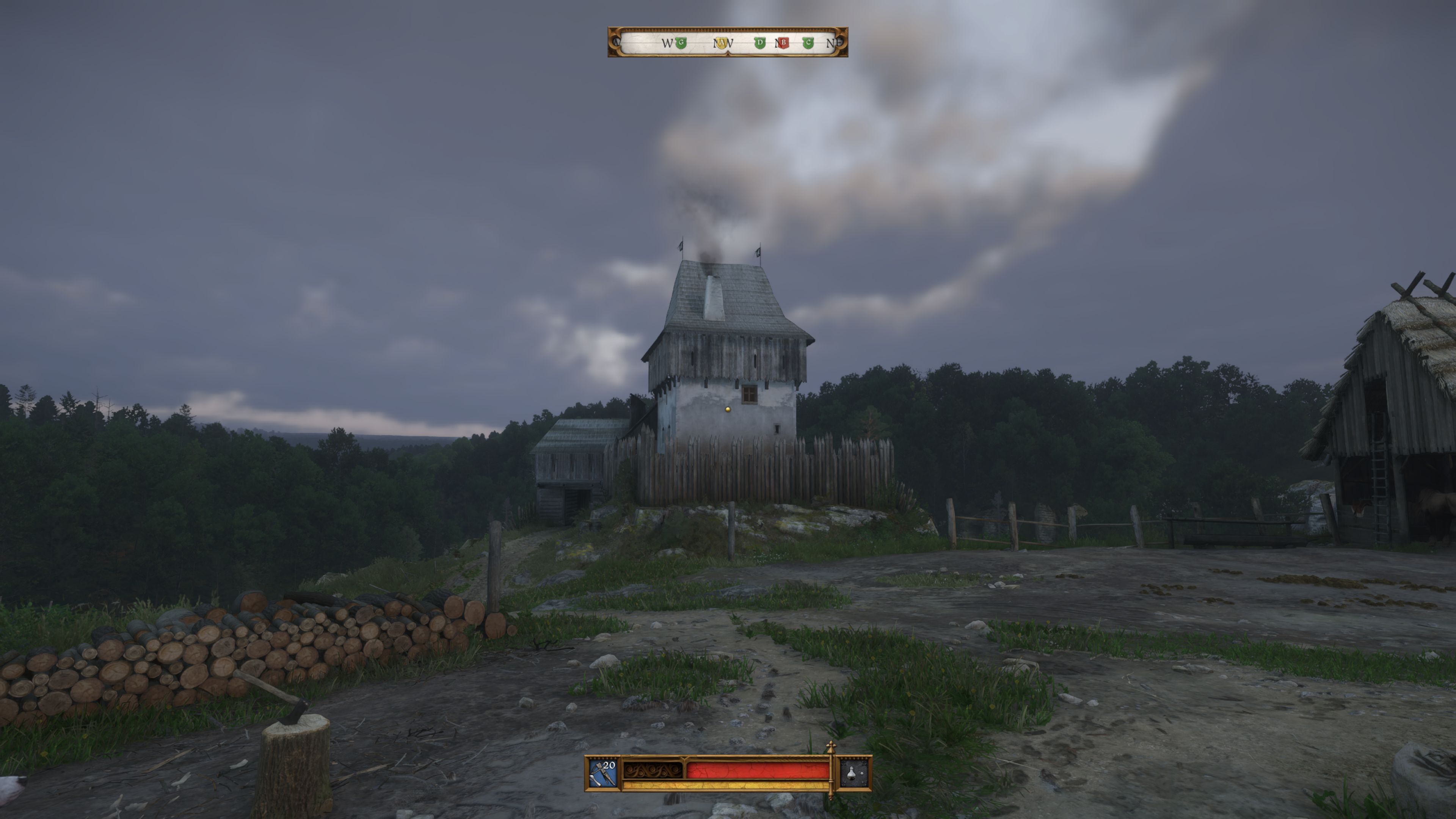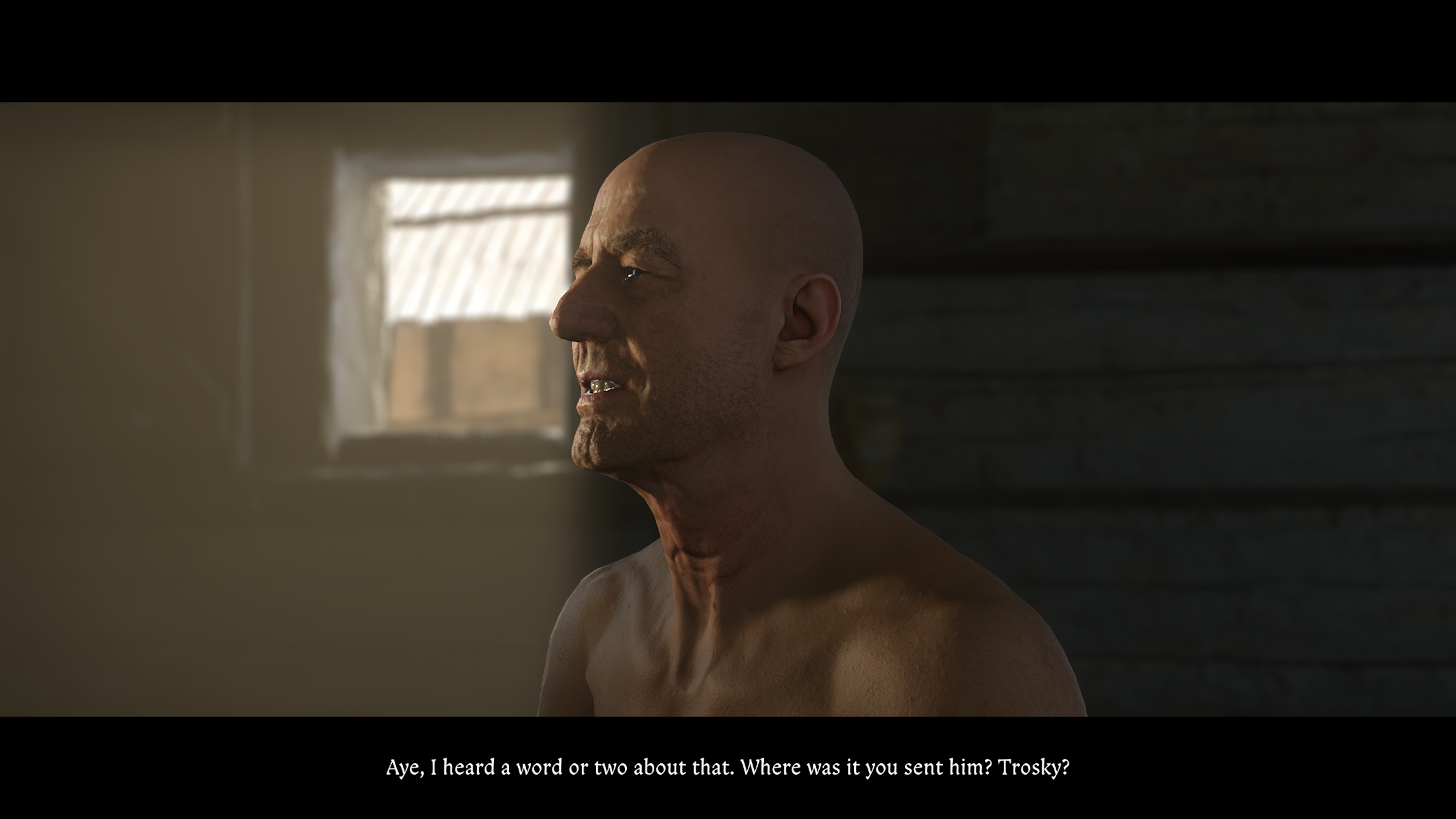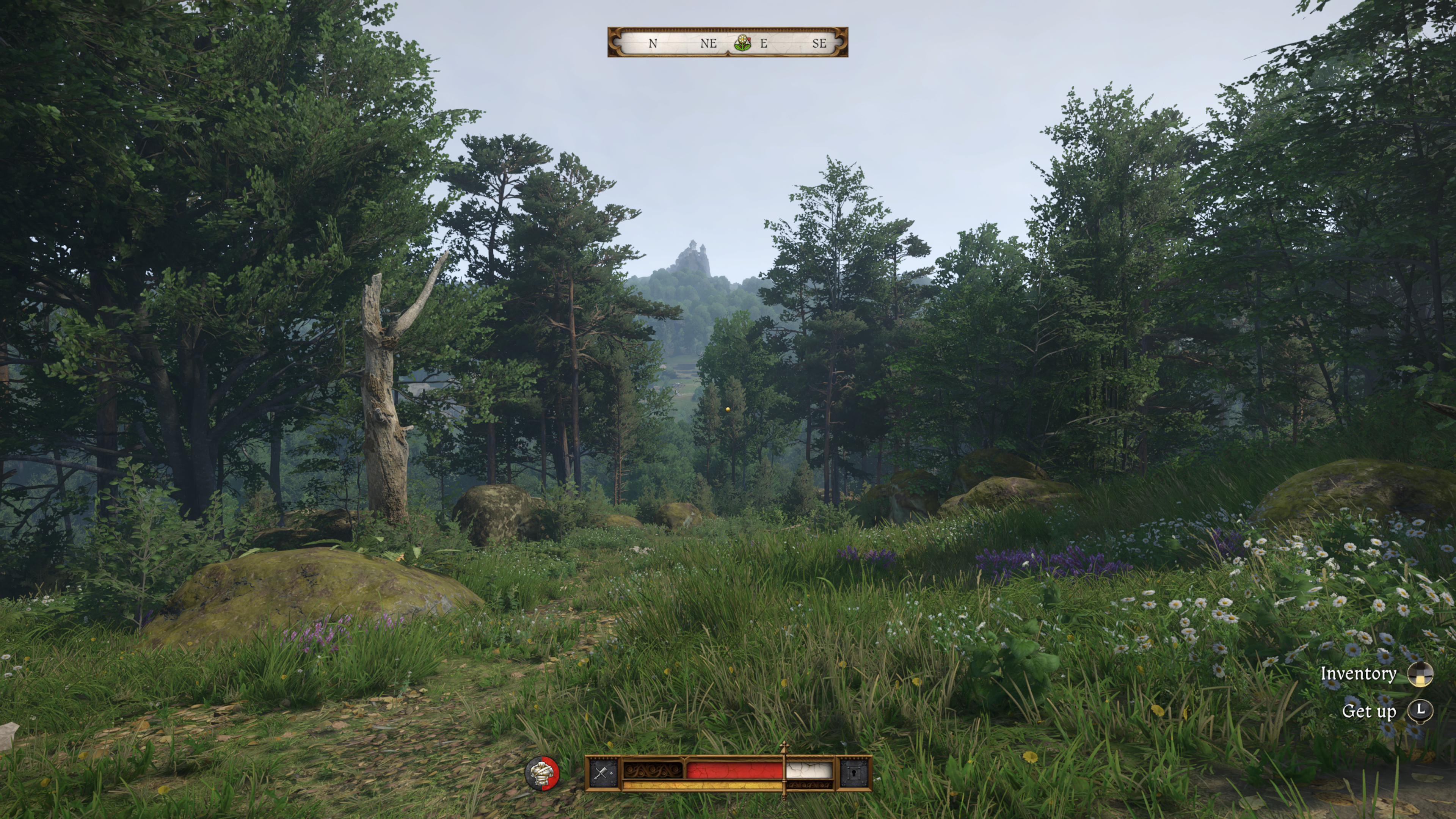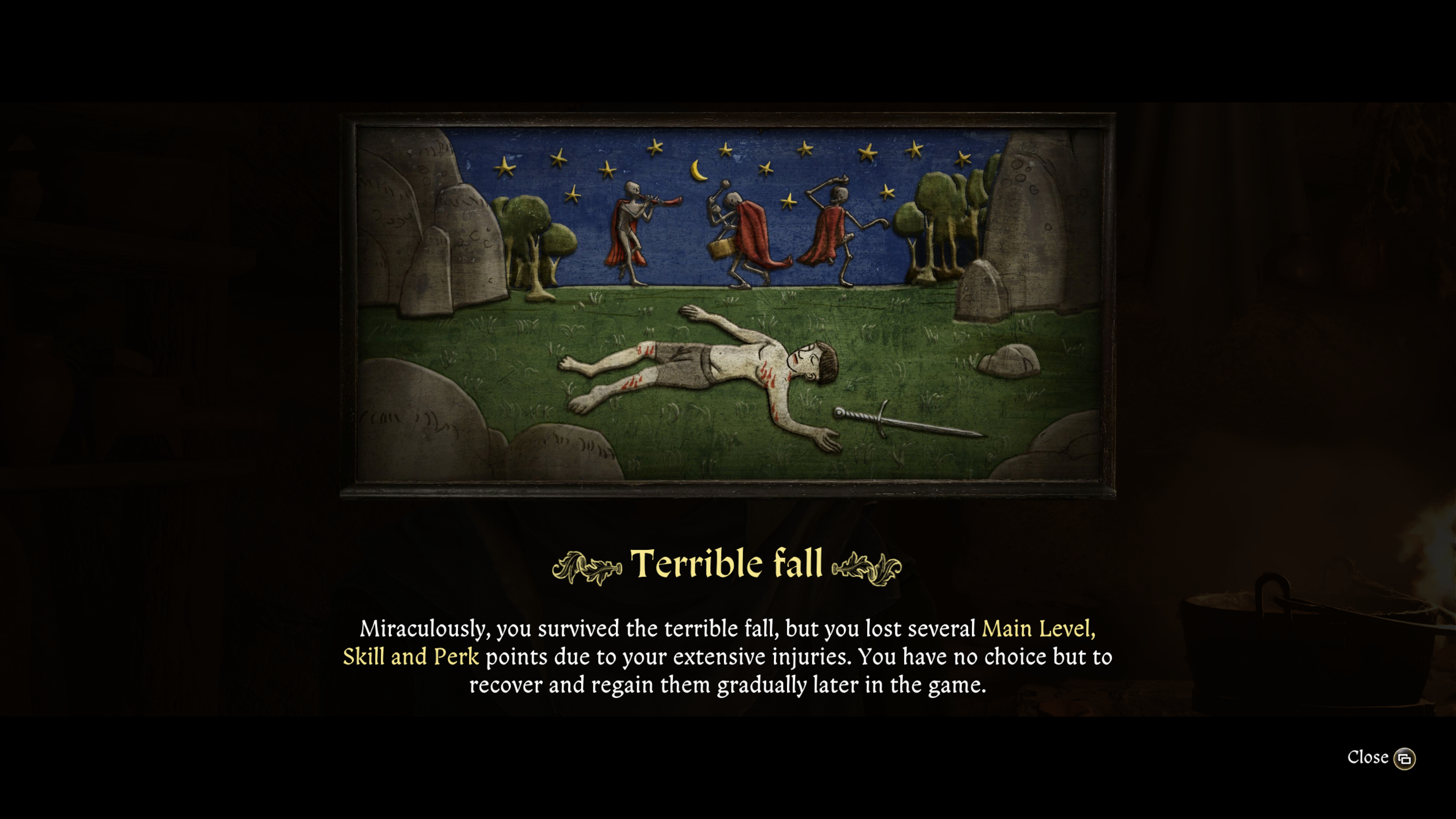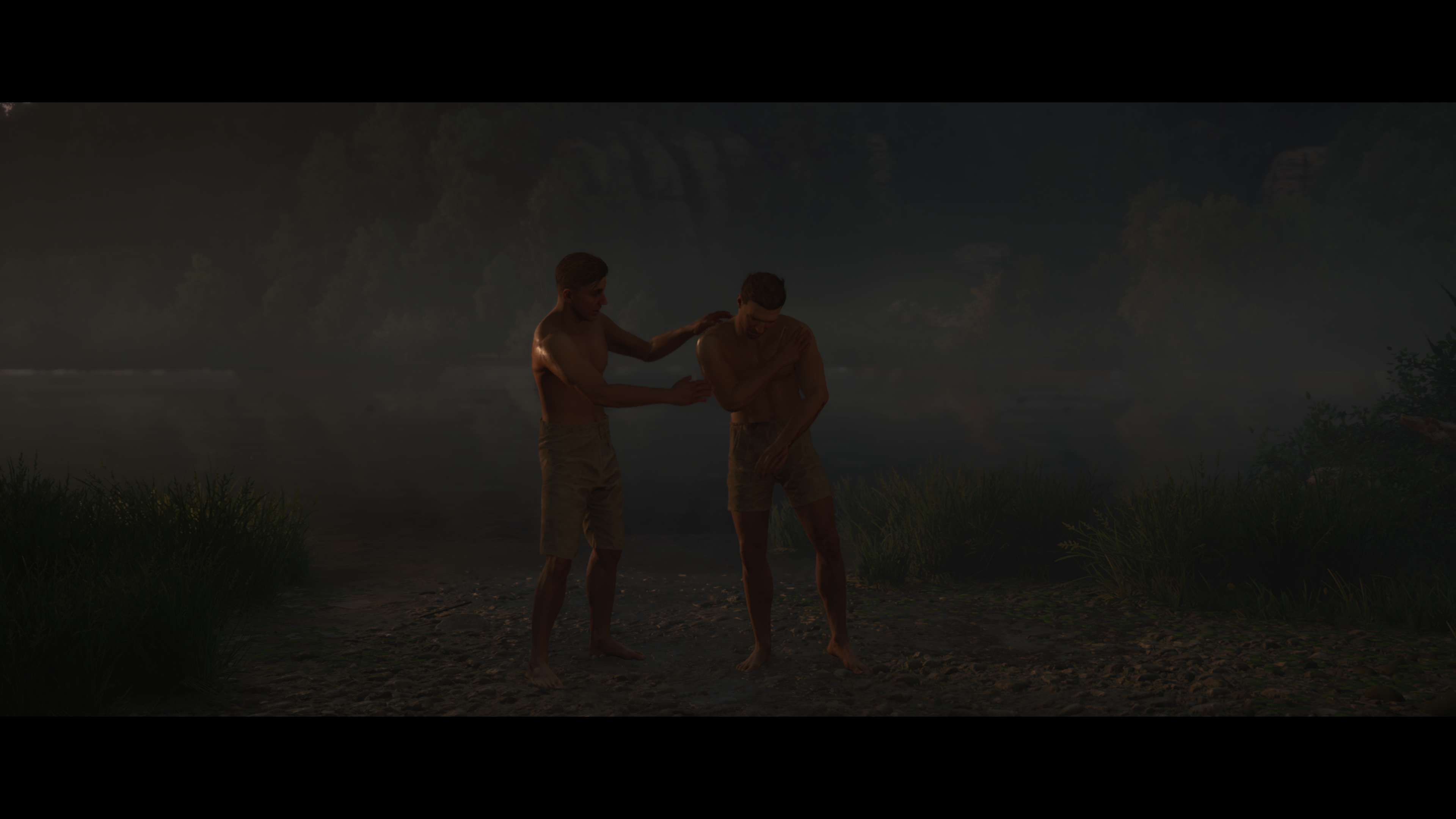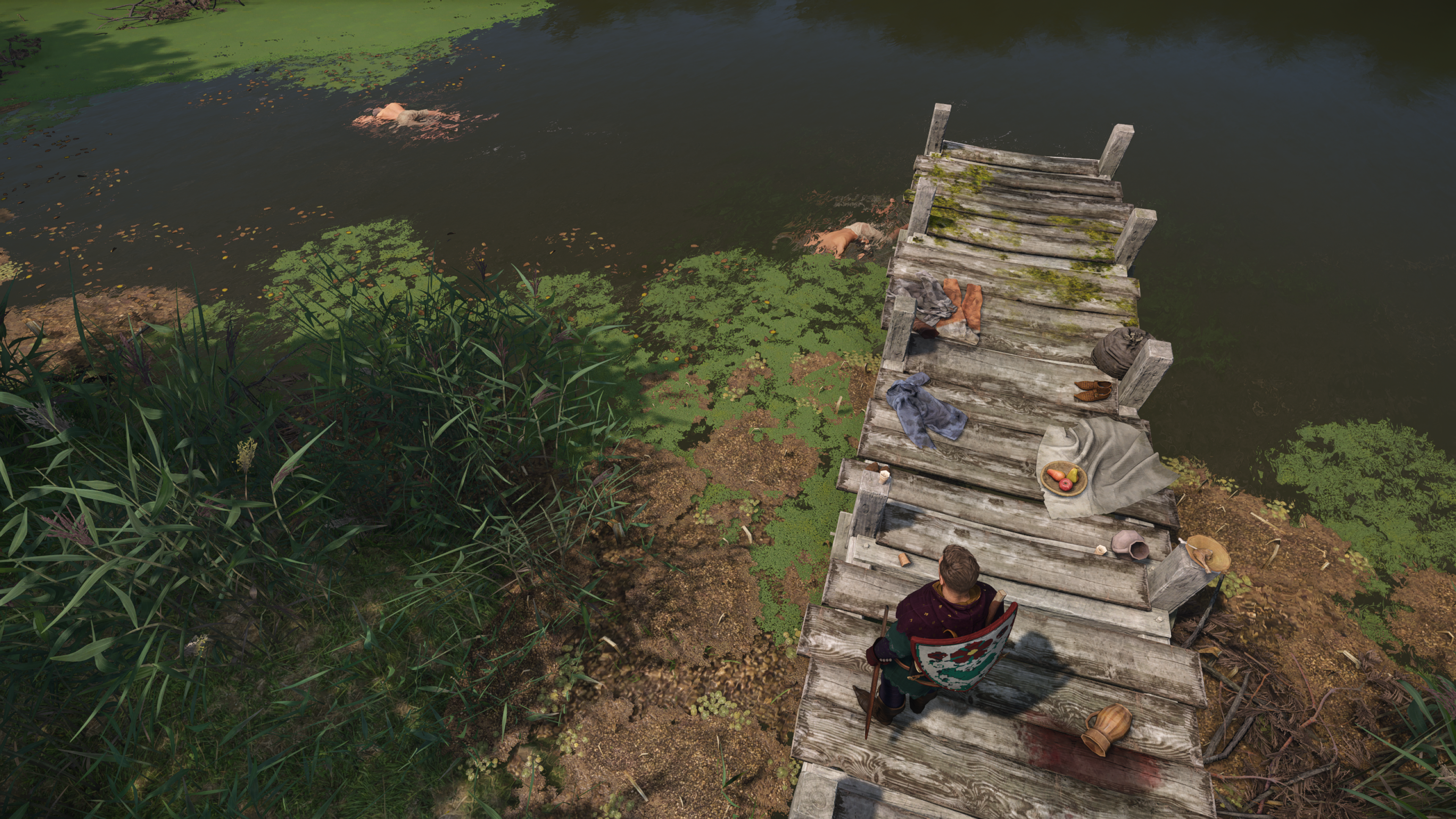Kingdom Come: Deliverance 2 Review
There was a moment while visiting Aussie shores that Warhorse Studios’ Tobias Stolz-Zwiling - during a presentation for media on Kingdom Come: Deliverance II - made it very clear that this game, despite its RPG elements and its open-world, its immersive sim and survival tilts, and its broadly open gameplay, was still first and foremost a “story game”. The distinction is interesting because ‘story’ is everywhere in your experience, but it's not at the forefront of how you play against and within the world. Side-quest and event encounter consequences, for example, won’t change the game’s Golden Path barring certain character traits you tackle that with. Those consequences, rather, are there to feed how you approach the next tangential element of the world - how one decision or reputation gain or loss will impact your experience in your next side-quest or point of interest sojourn.
In other words, Kingdom Come: Deliverance II is more a “distraction simulator” with a story attached, than a "story game" with distractions.
At least, that’s how we played it.
And what’s fun about this is Warhorse has clearly designed this world with as much life as possible to recreate a sense of believability around 15th century Bohemia, but in doing so crafted a world filled to the brim with things to do other than the main story. It’s not that we think it was an accidental byproduct, and the studio should be hugely proud of the Golden Path tale here and its direct writing and pacing. But it’s honestly not the product’s best part. It’s best part is when you play Poacher Police, Dice Hustler, Dog Whisperer, Murder Investigator, Pugilistic Pounder, Bull Painting Prankster, Big Game Hunter, Crayfish Collector and Flour Sack Courier, among oh-so-much more.
So much so, poor Henry’s CV would easily break the ‘one page rule’ and the algorithm would cast him aside like so many other overqualified folk.
*Ahem*
You see, Henry is an ‘every man’-archetype - he’s written as the sort of character this writer tries to always play these types of games as: a do-gooder with an edge, a Geralt of Rivia… an Arthur Morgan. And those last two names are apt, because their respective games play as much a part of the makeup of Kingdom Come: Deliverance II as the history of Bohemia itself.
Kingdom Come: Deliverance II
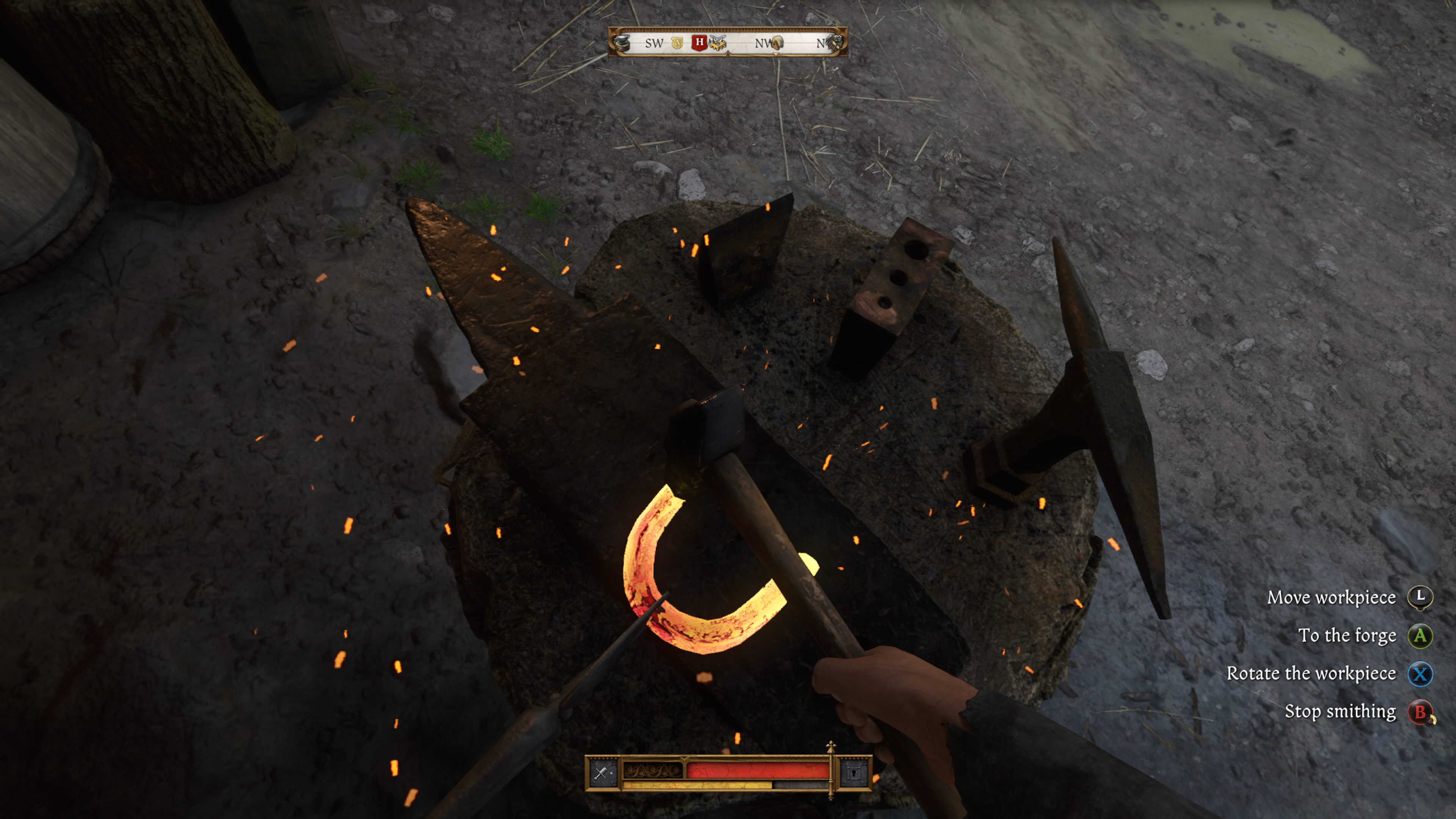
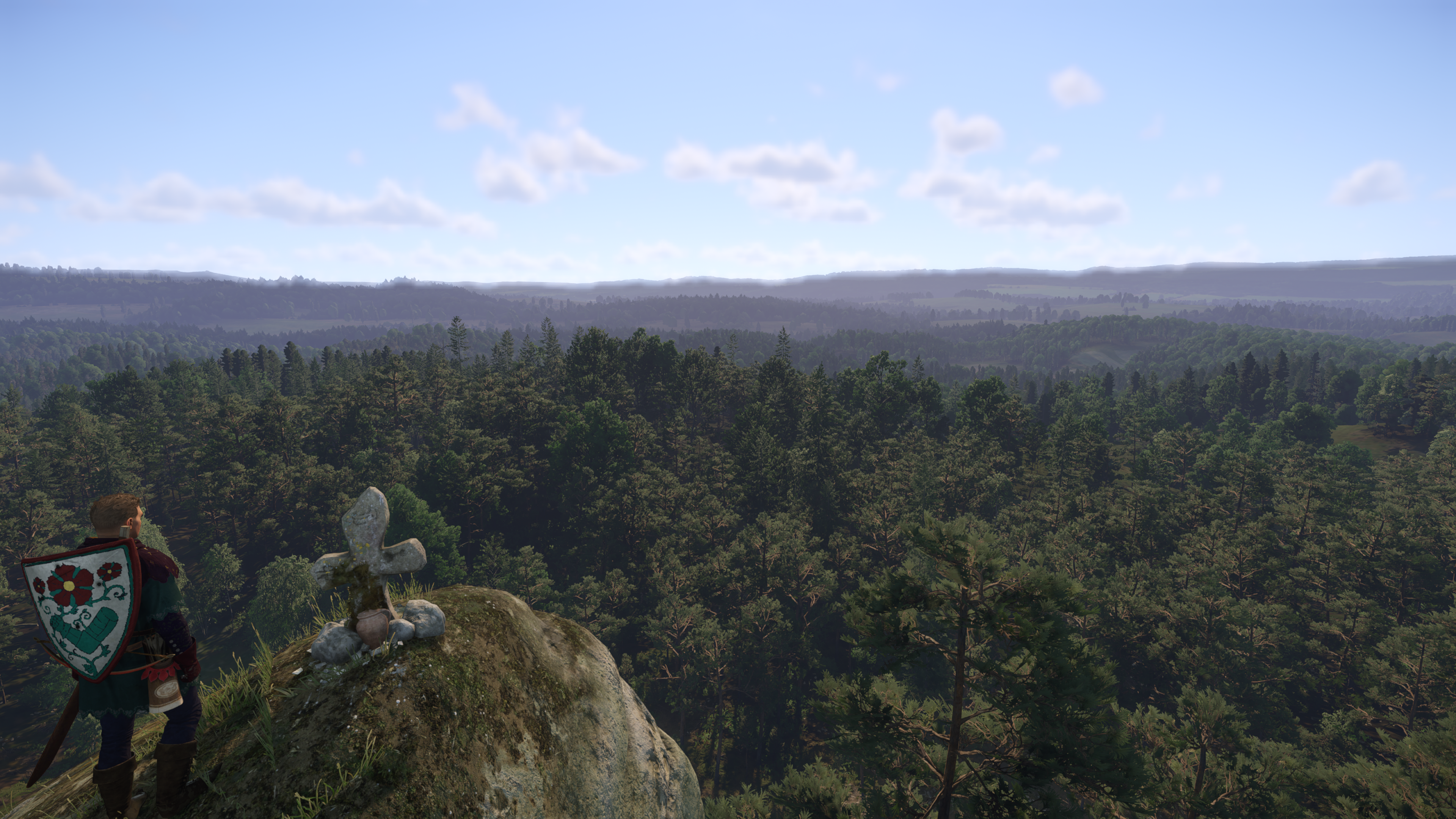
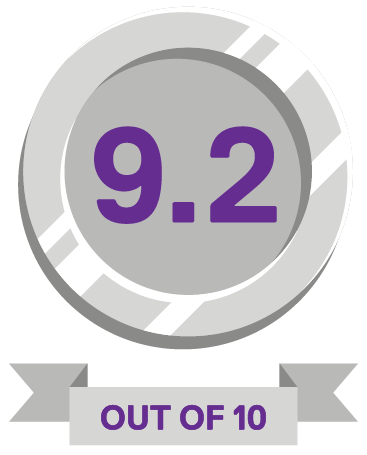
What’s Boss?
Not Boss Enough?
About the Author


